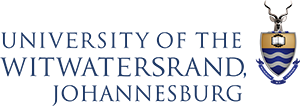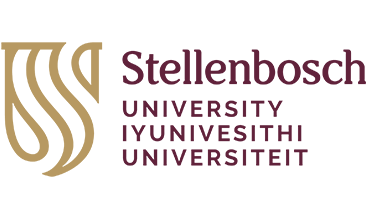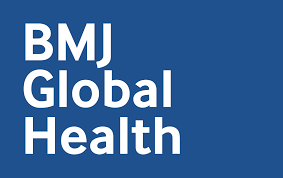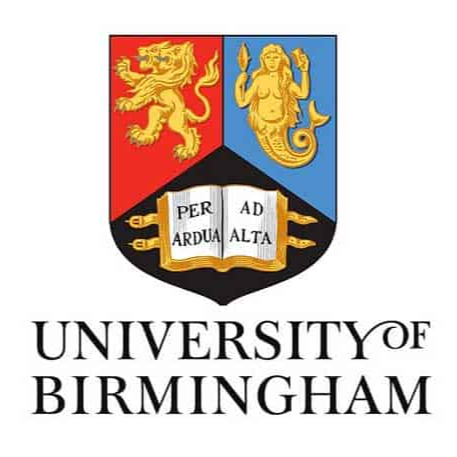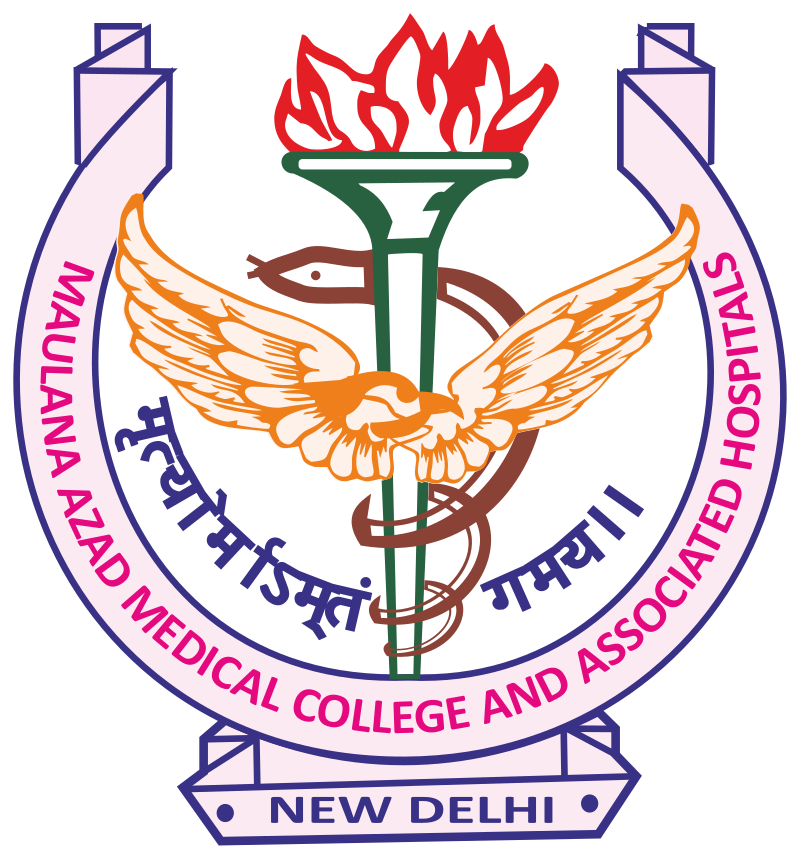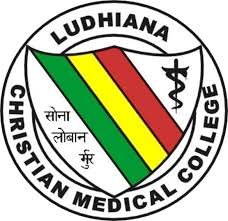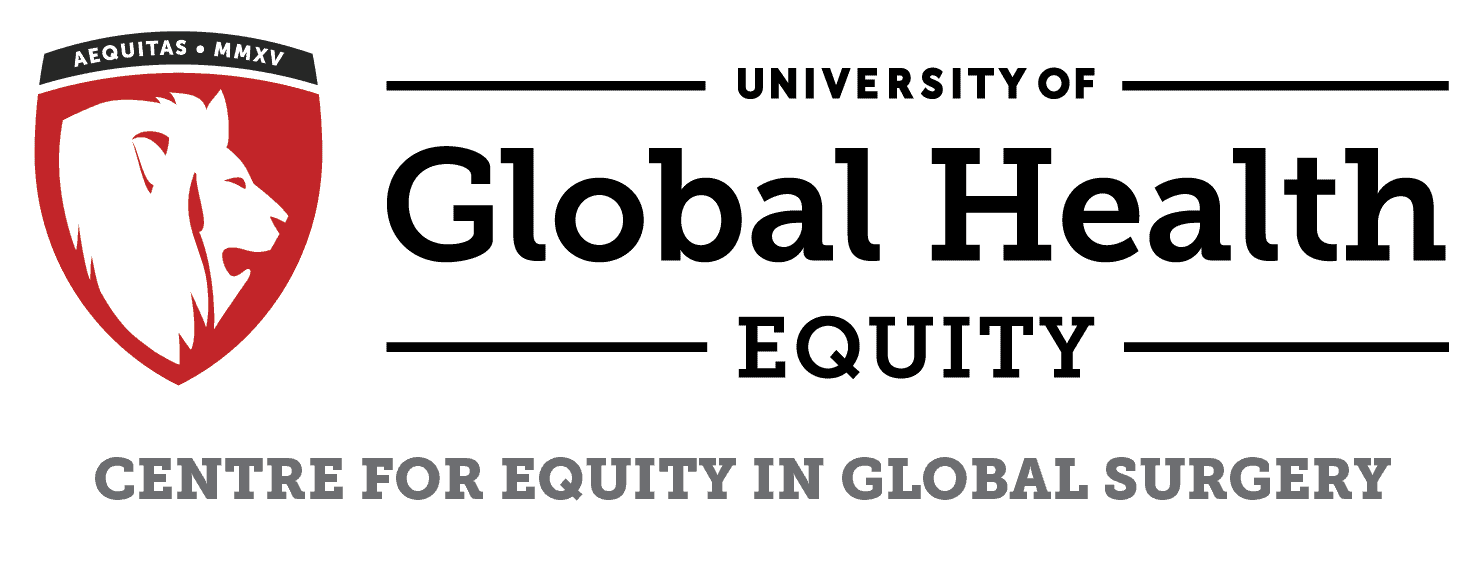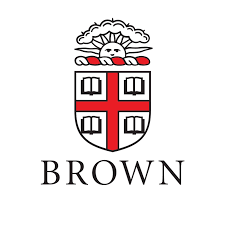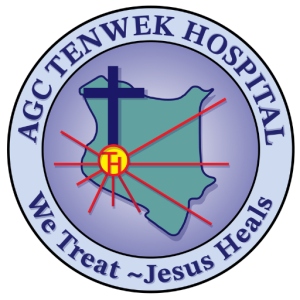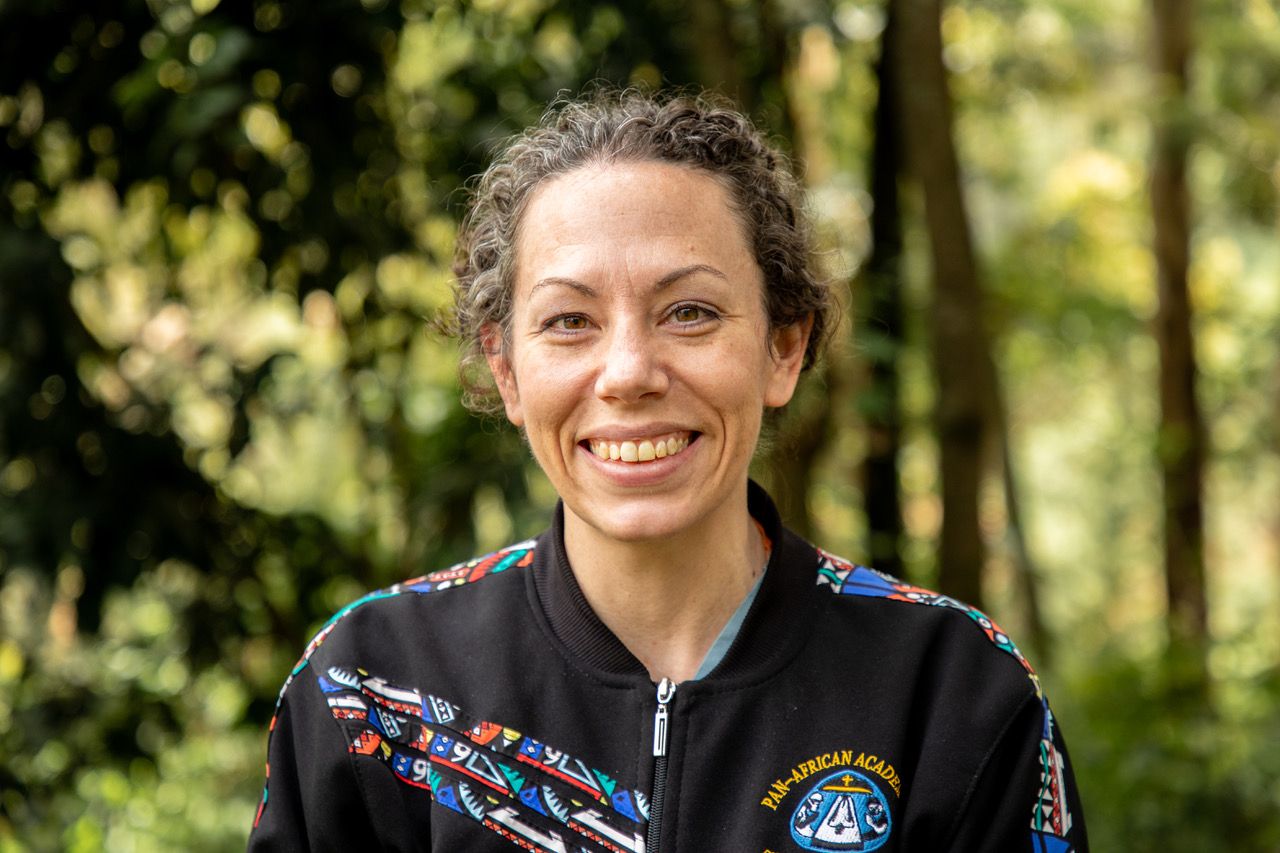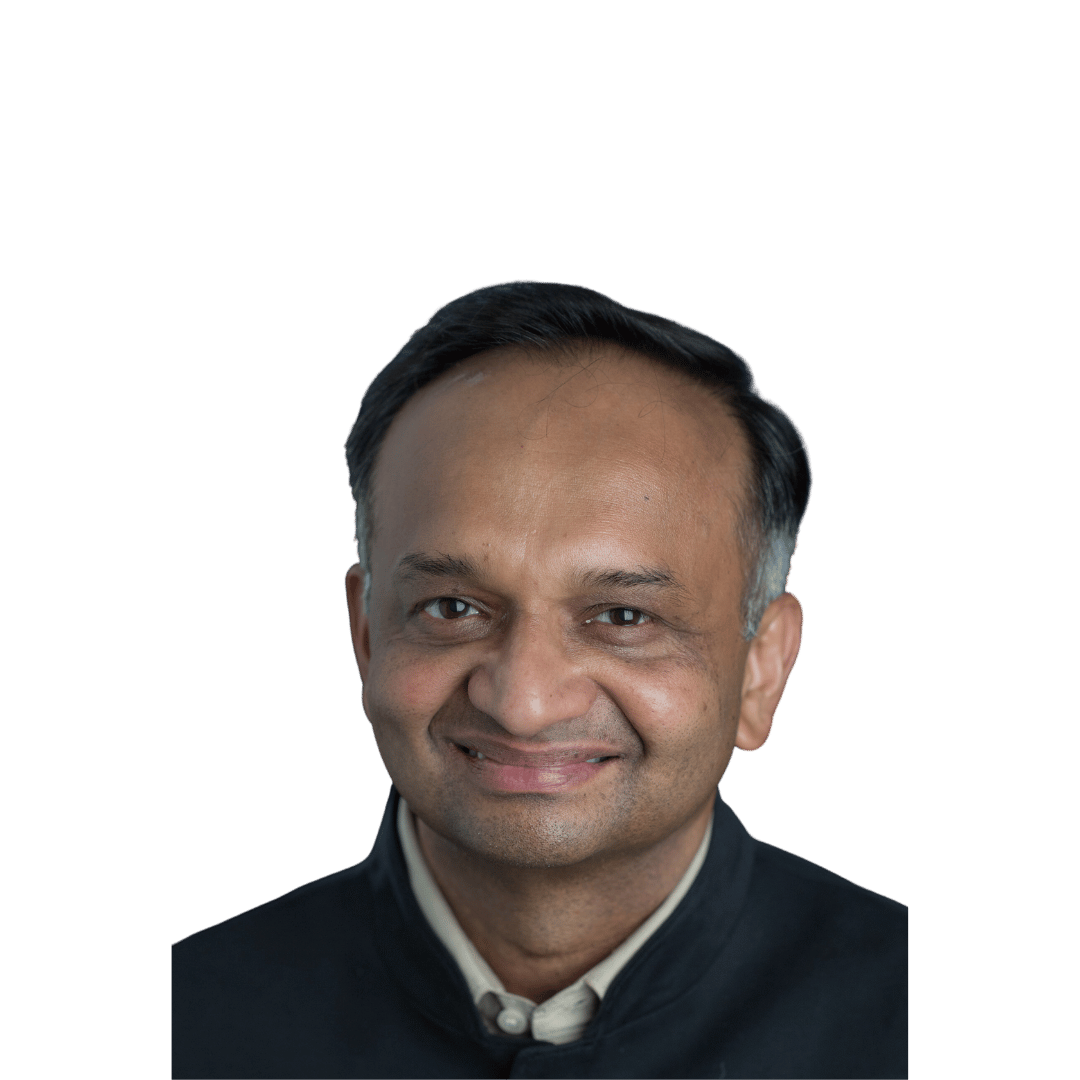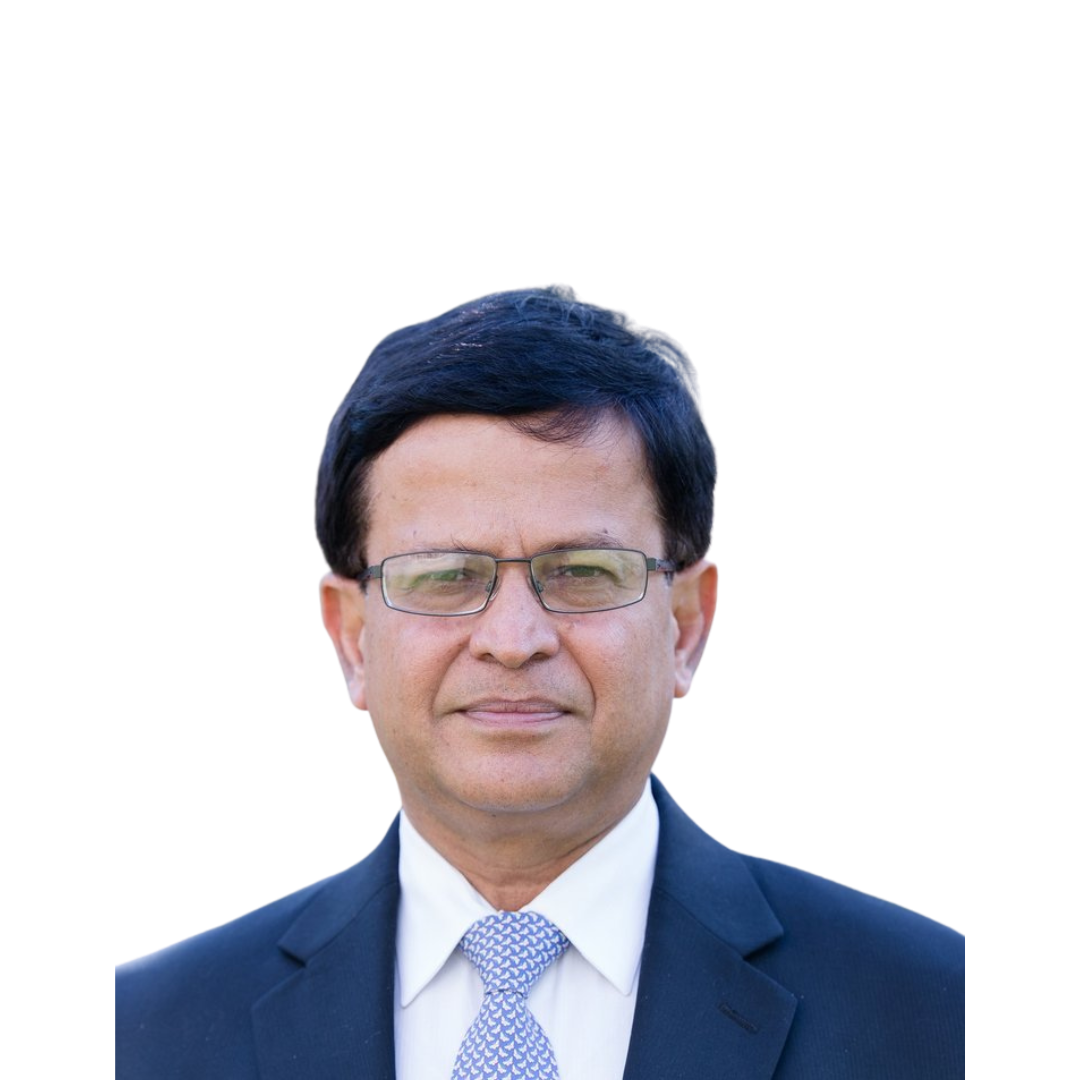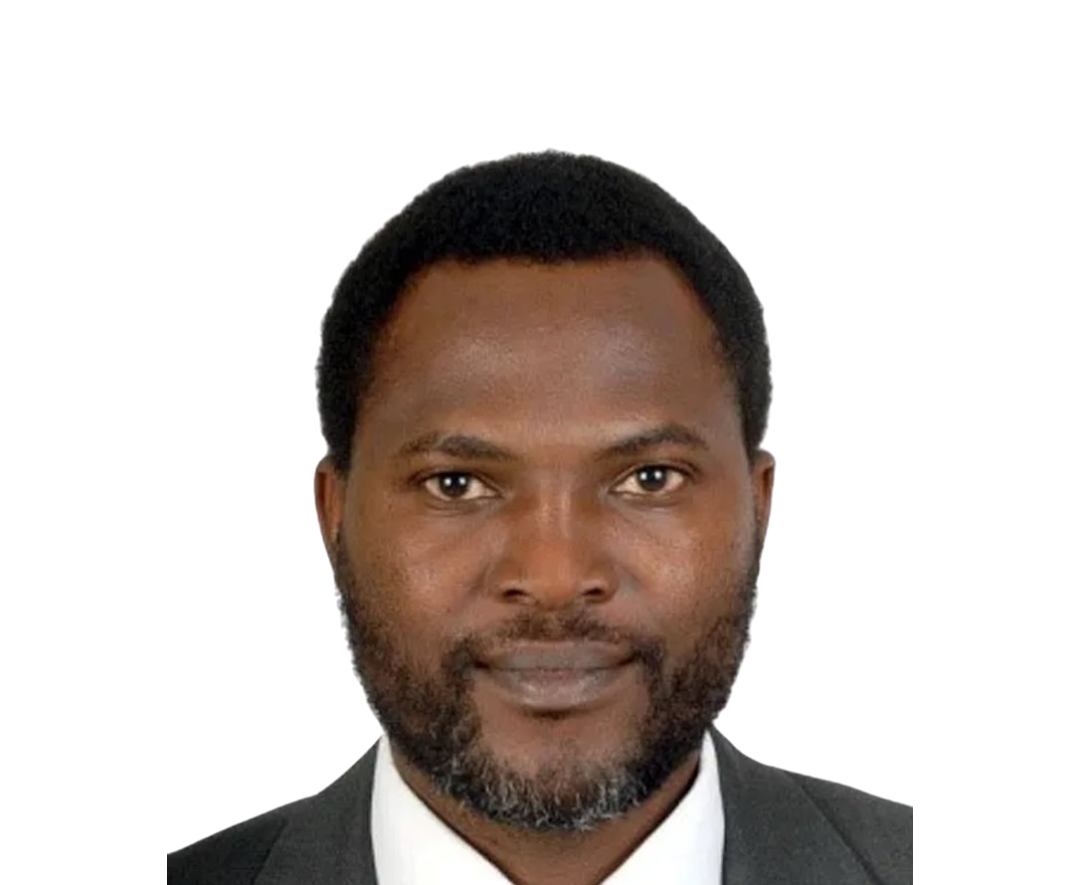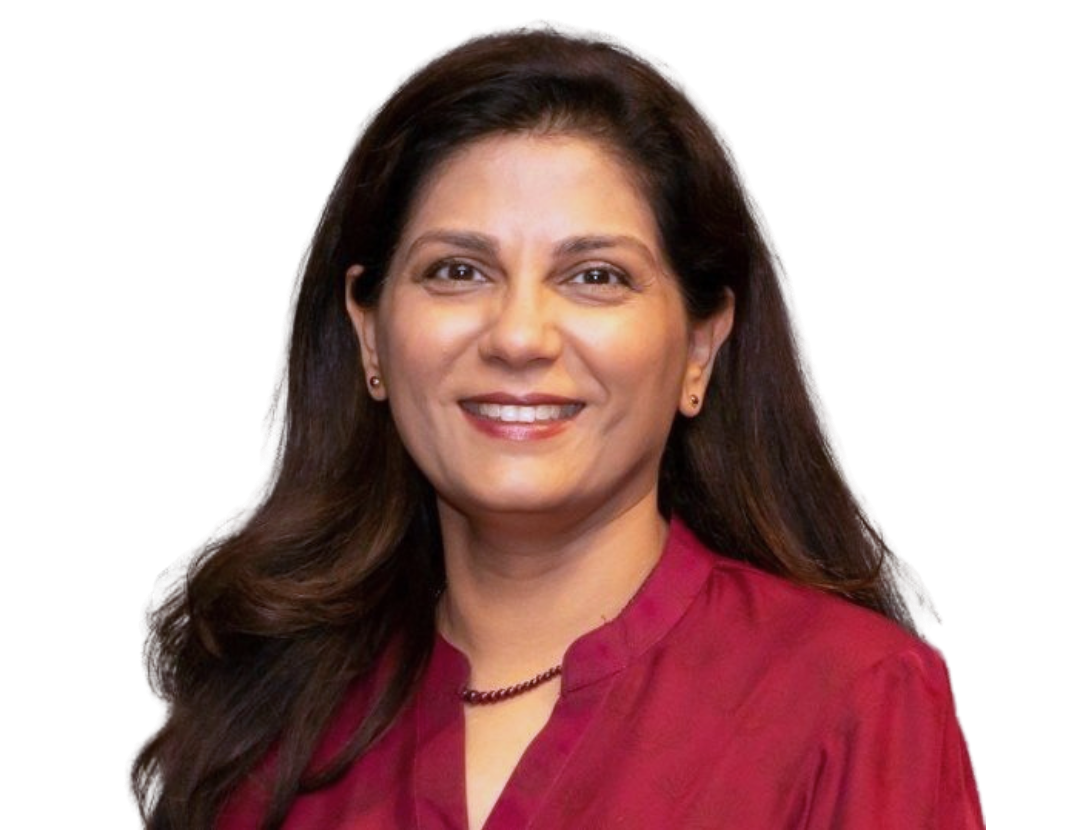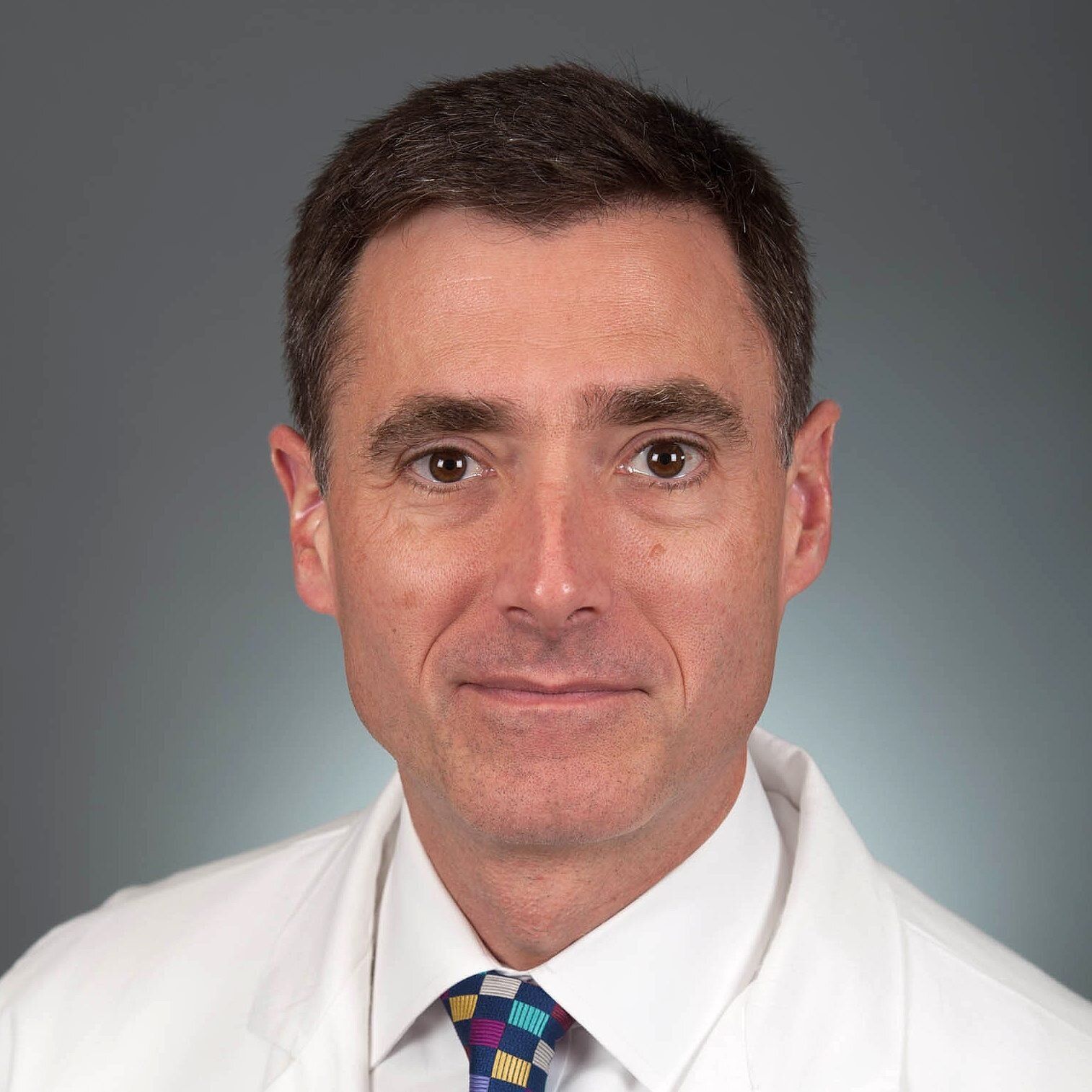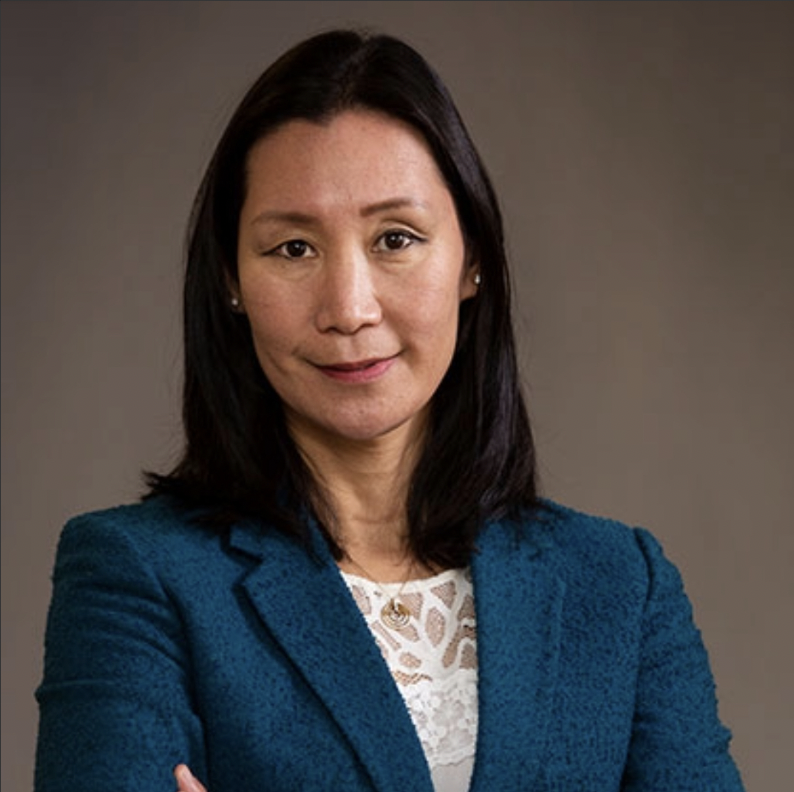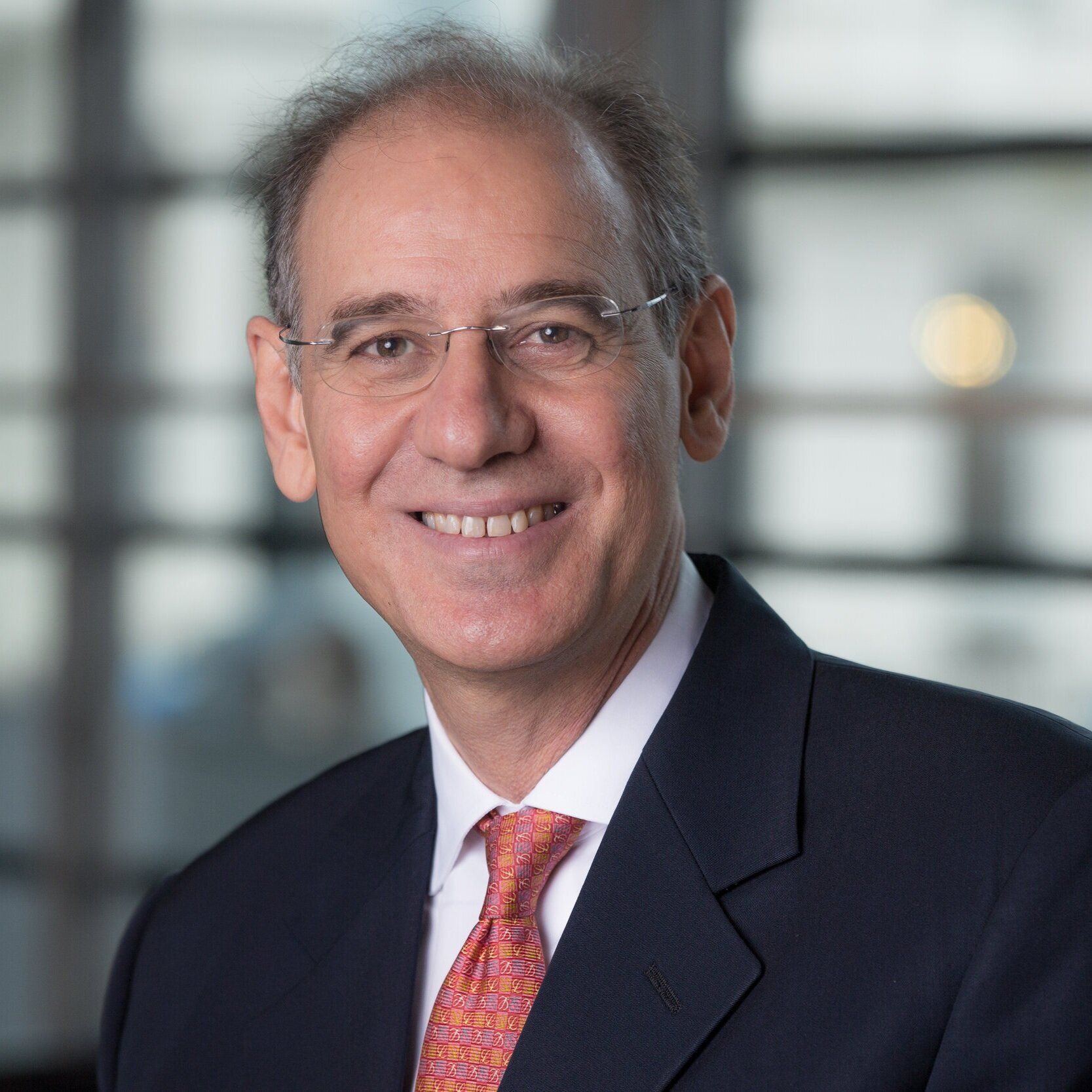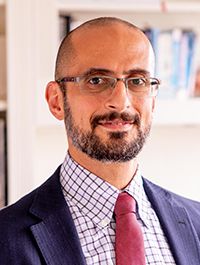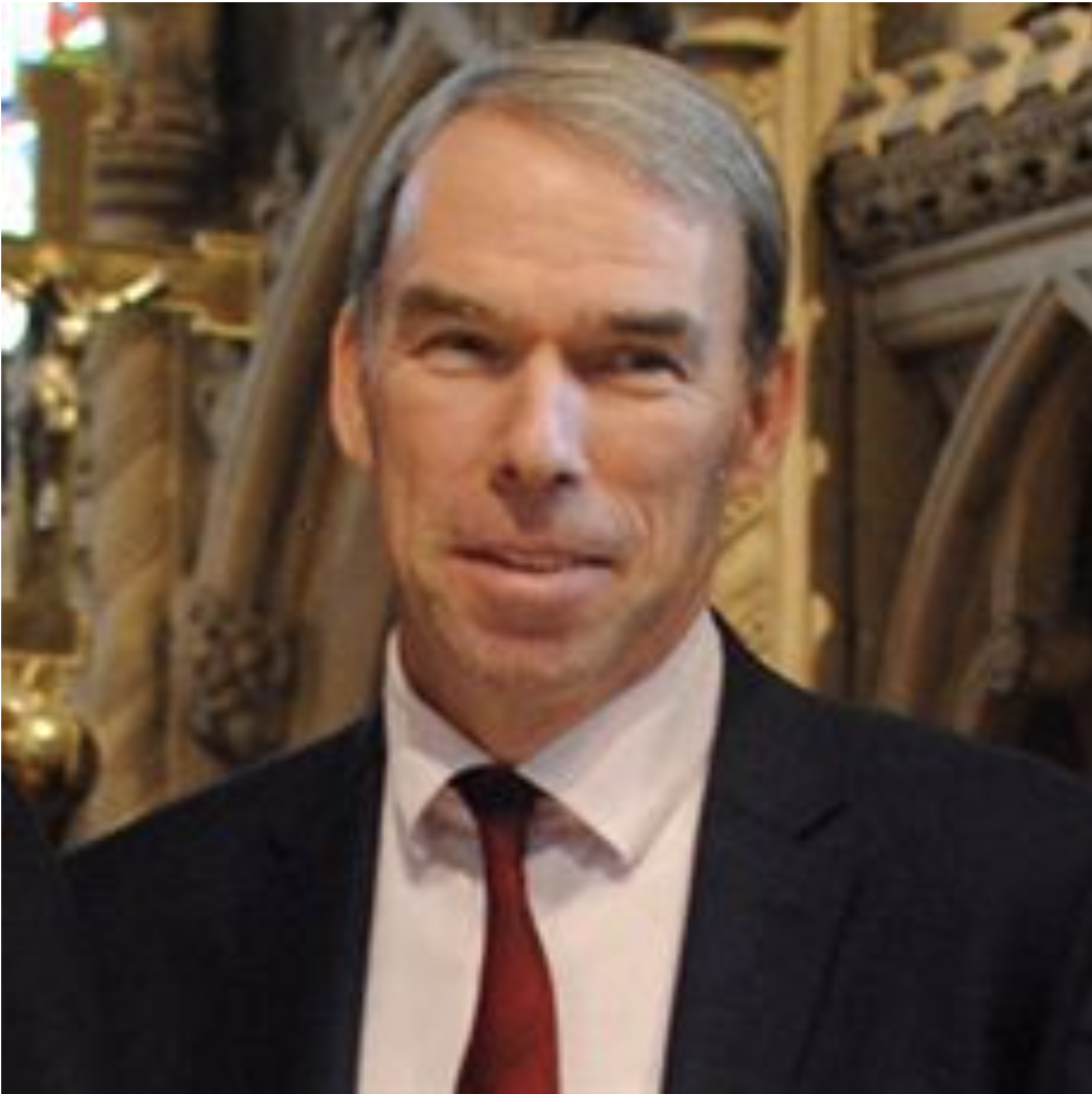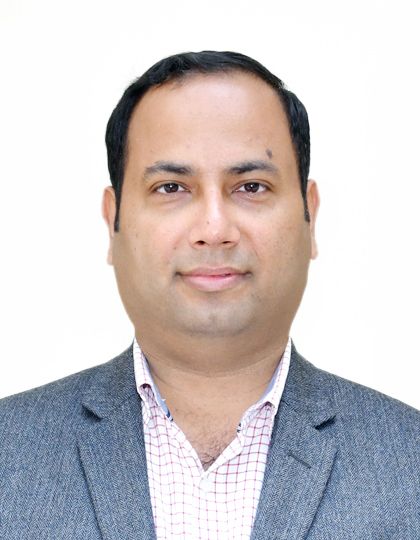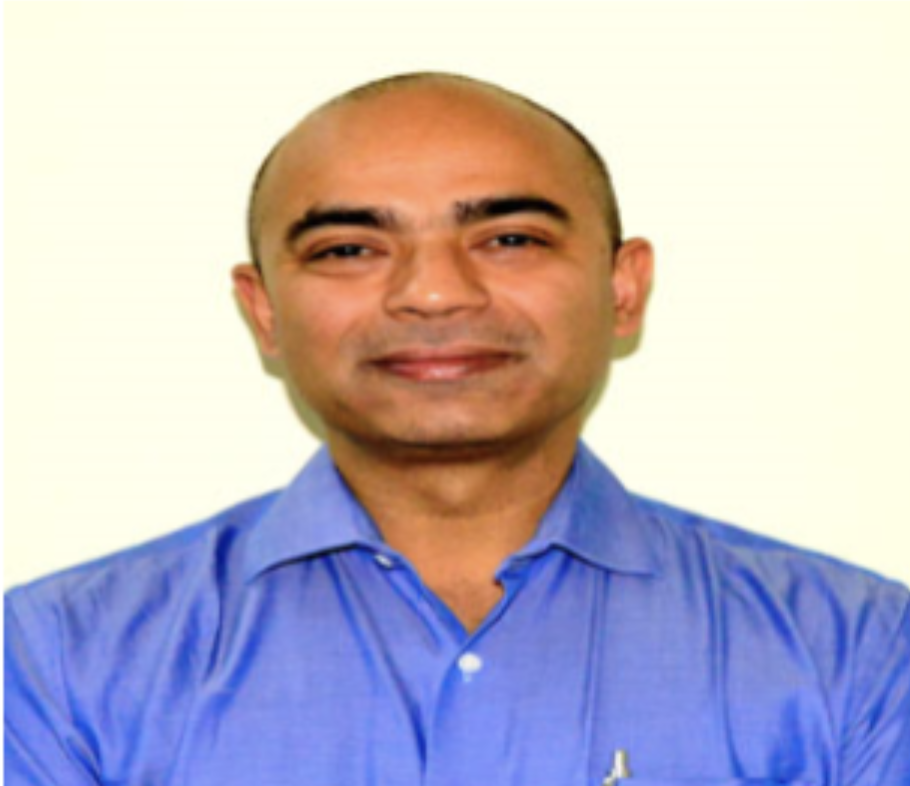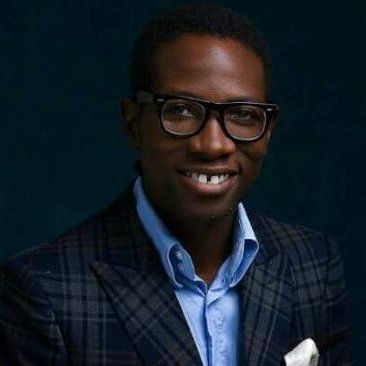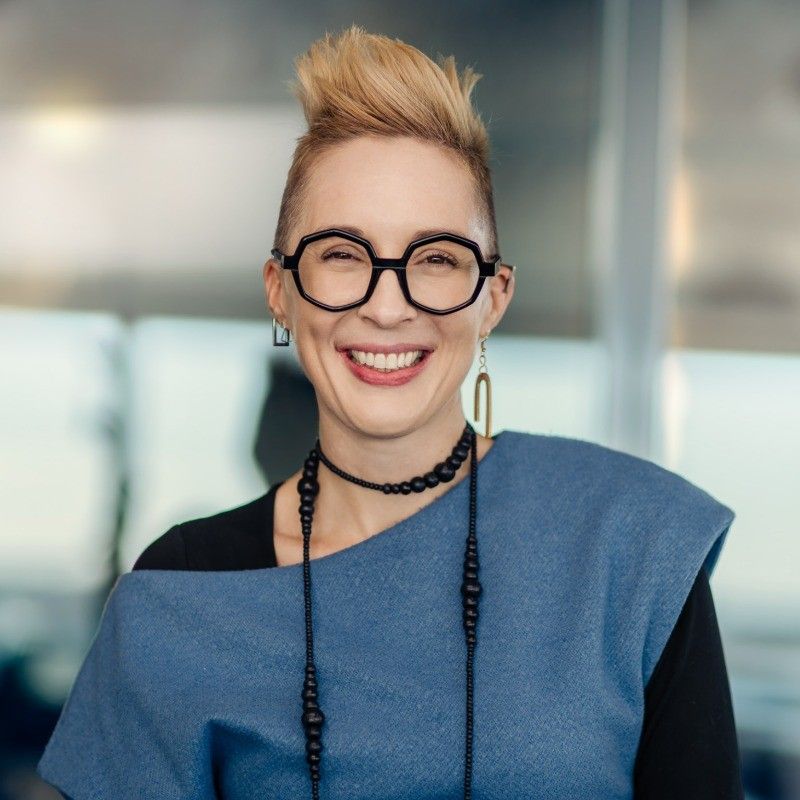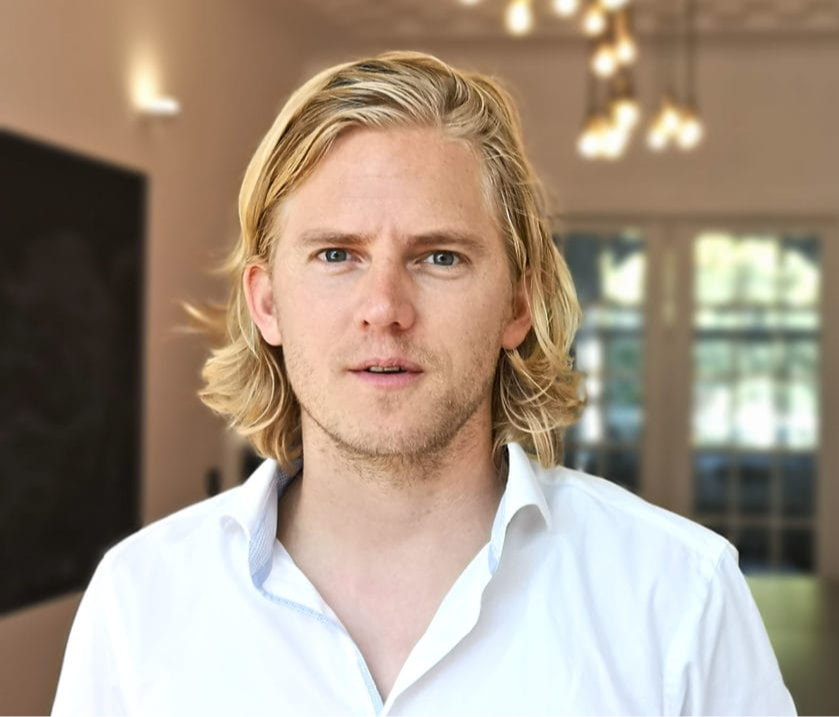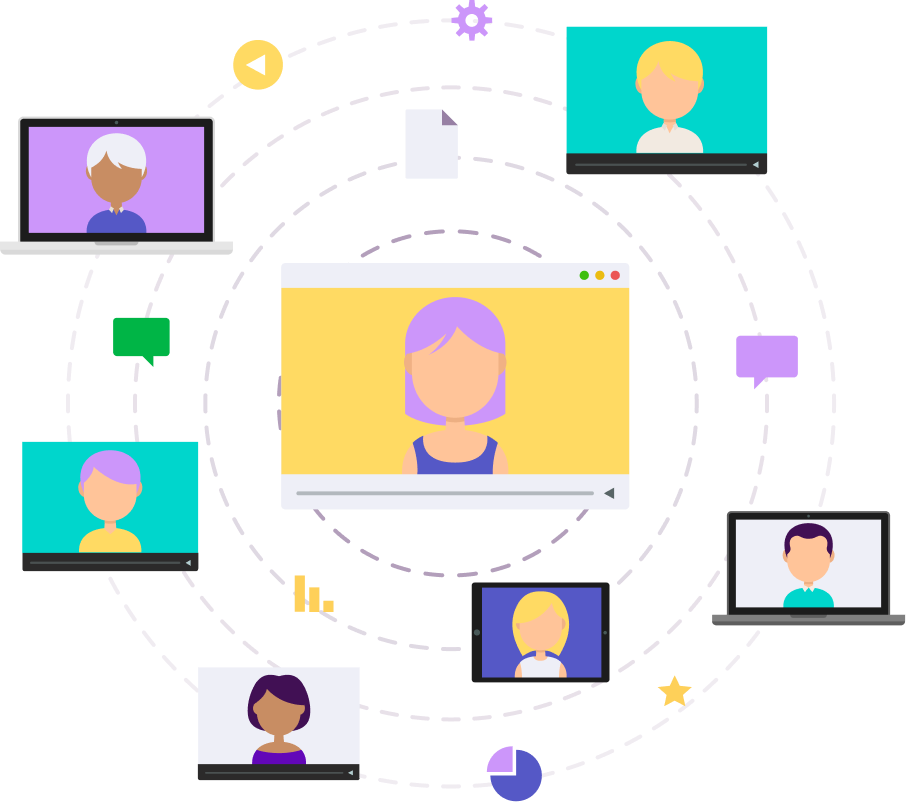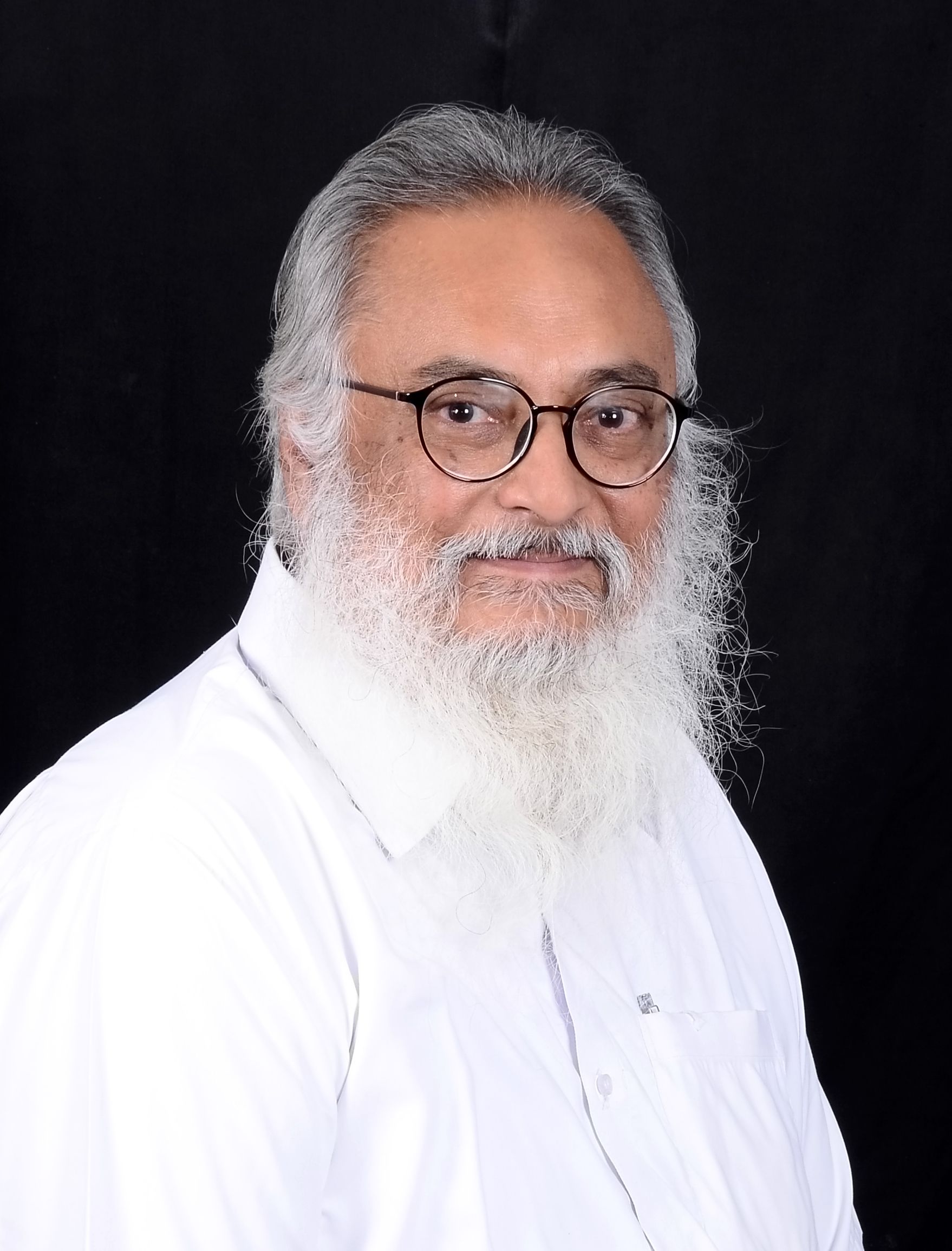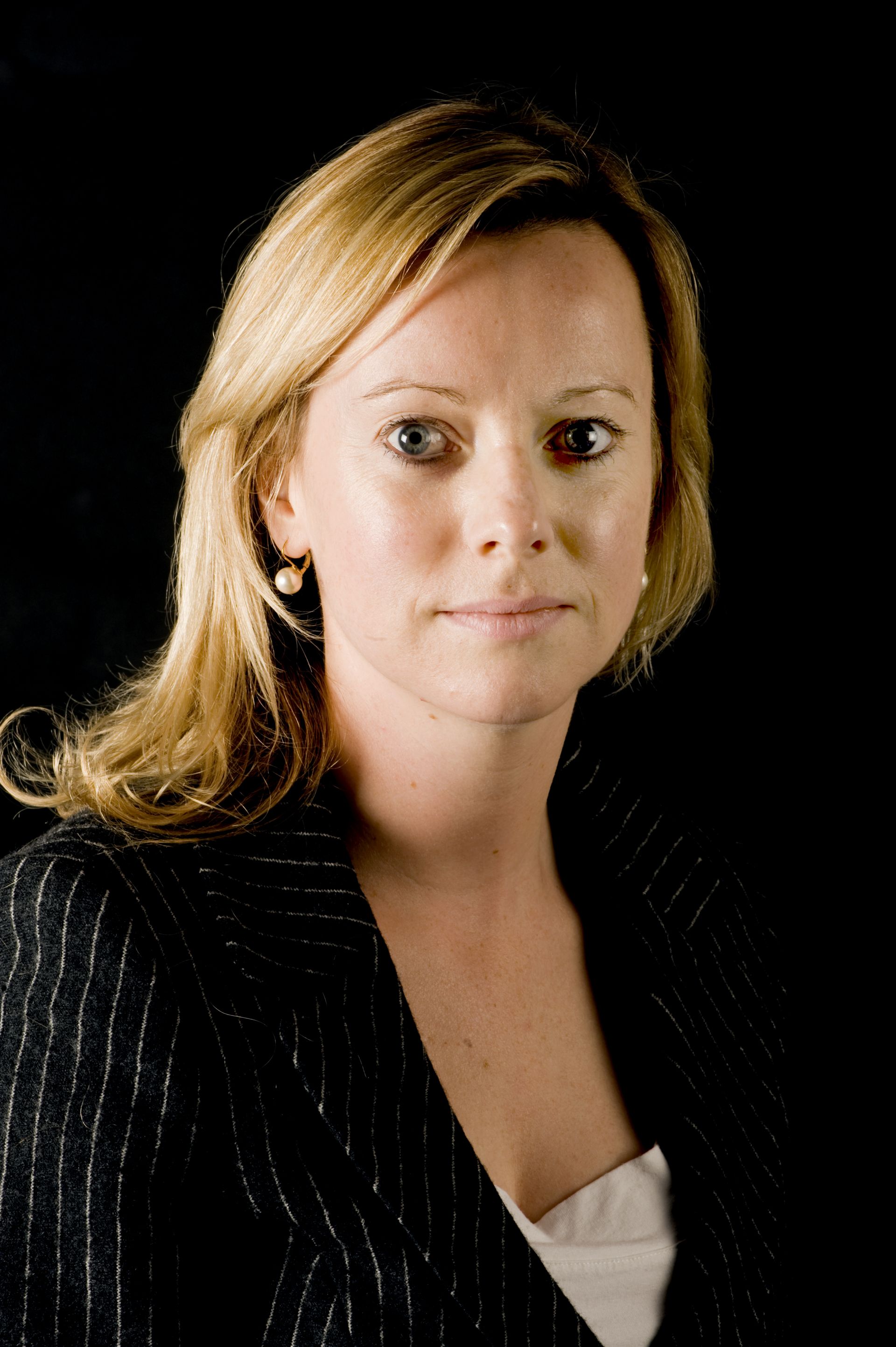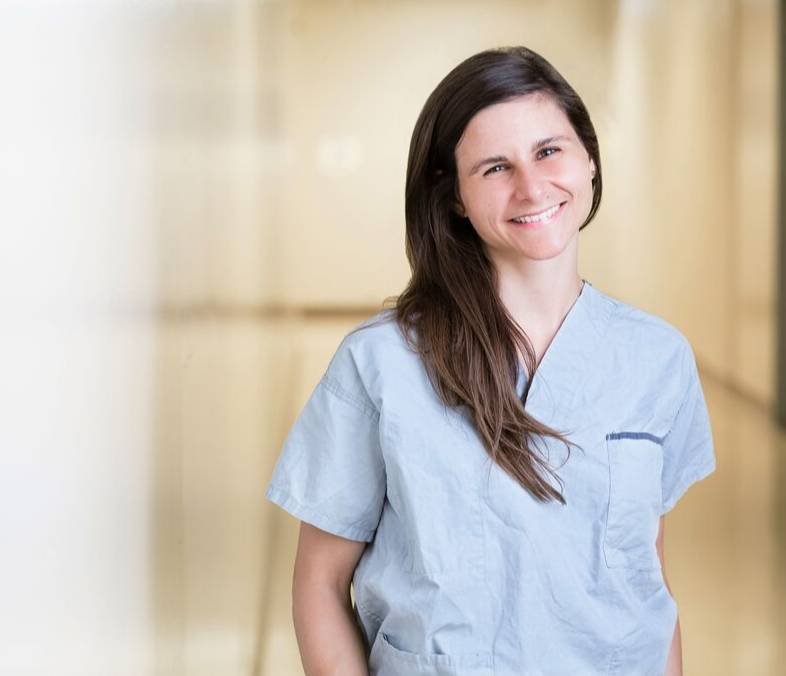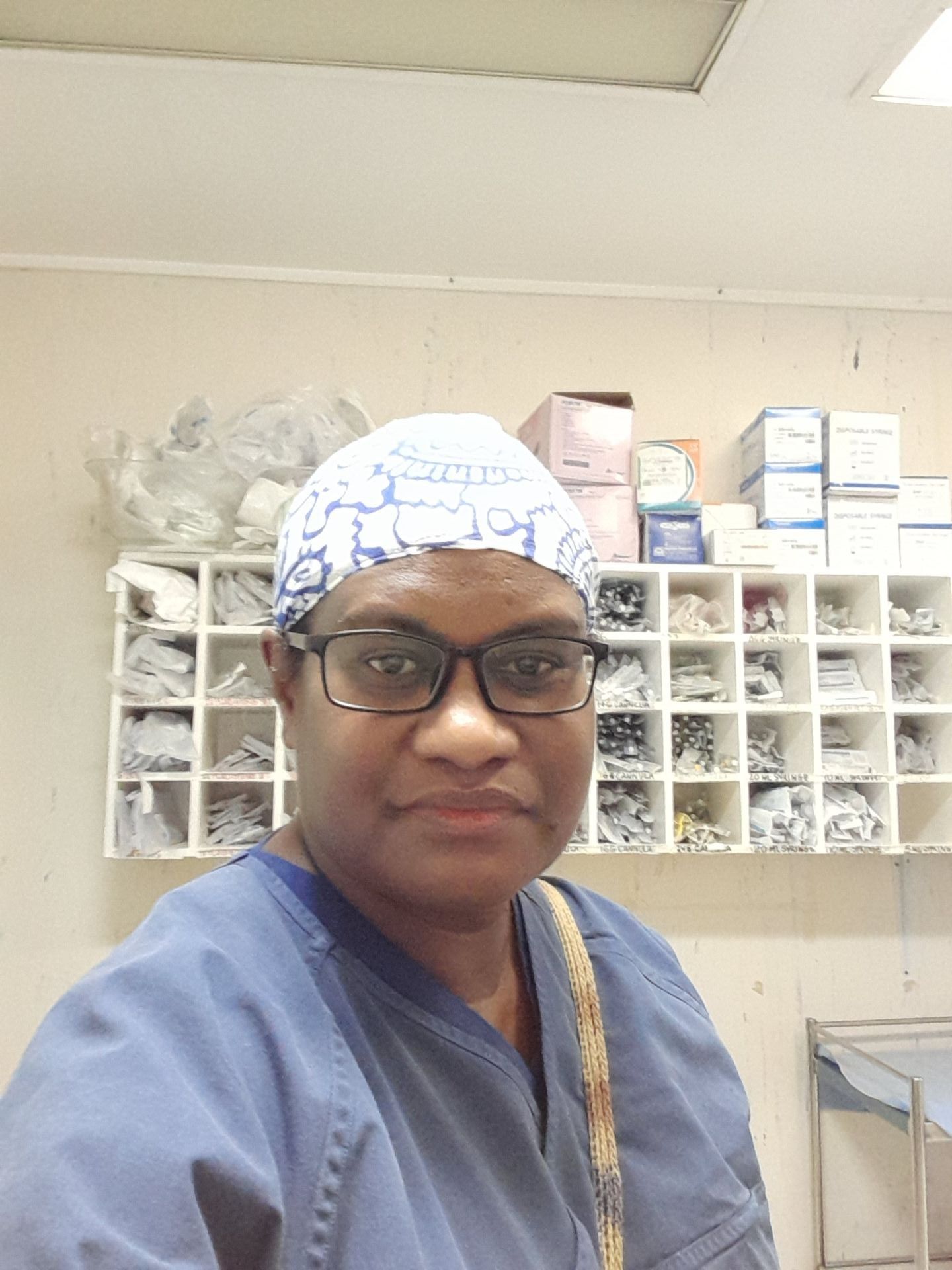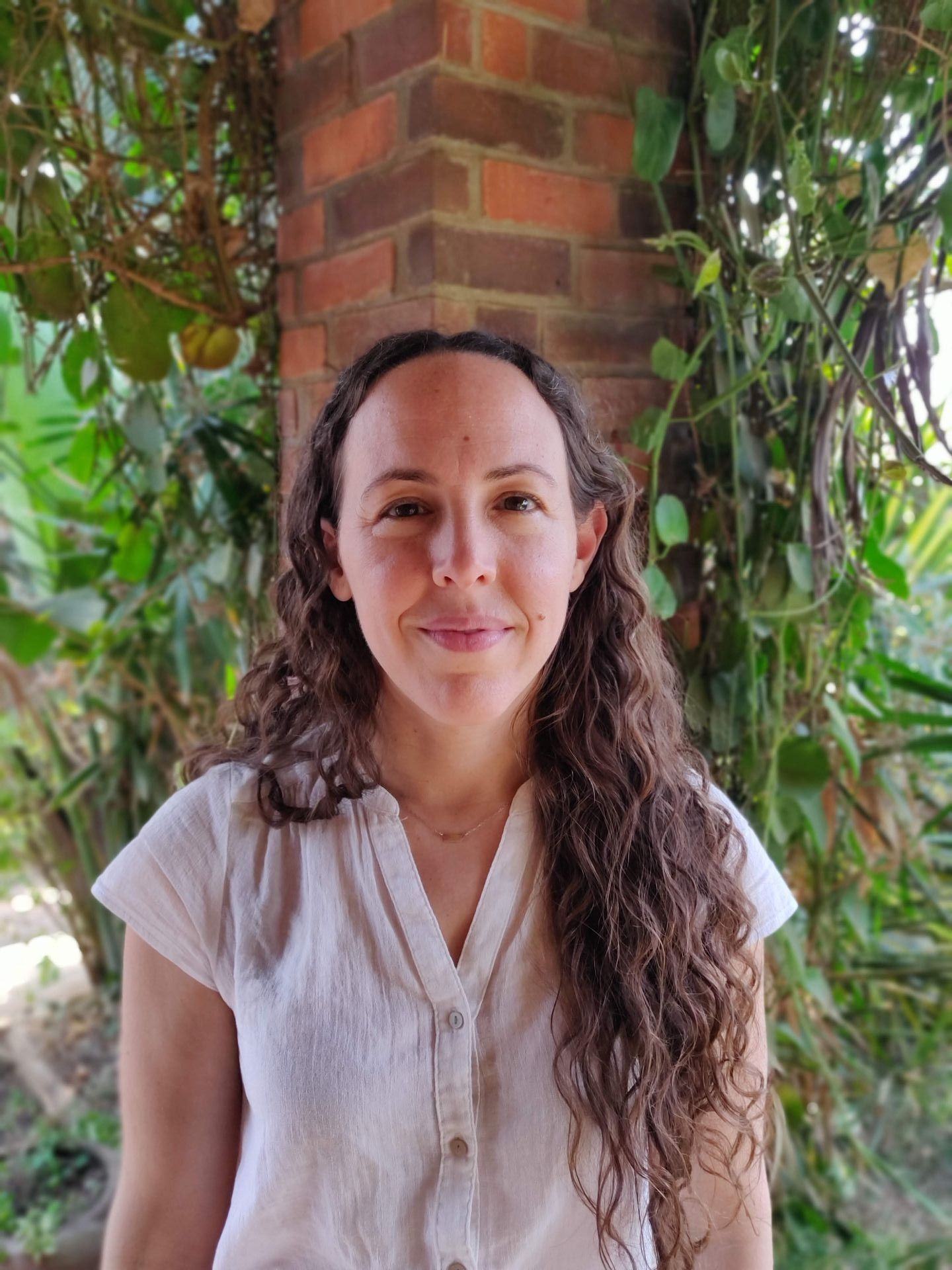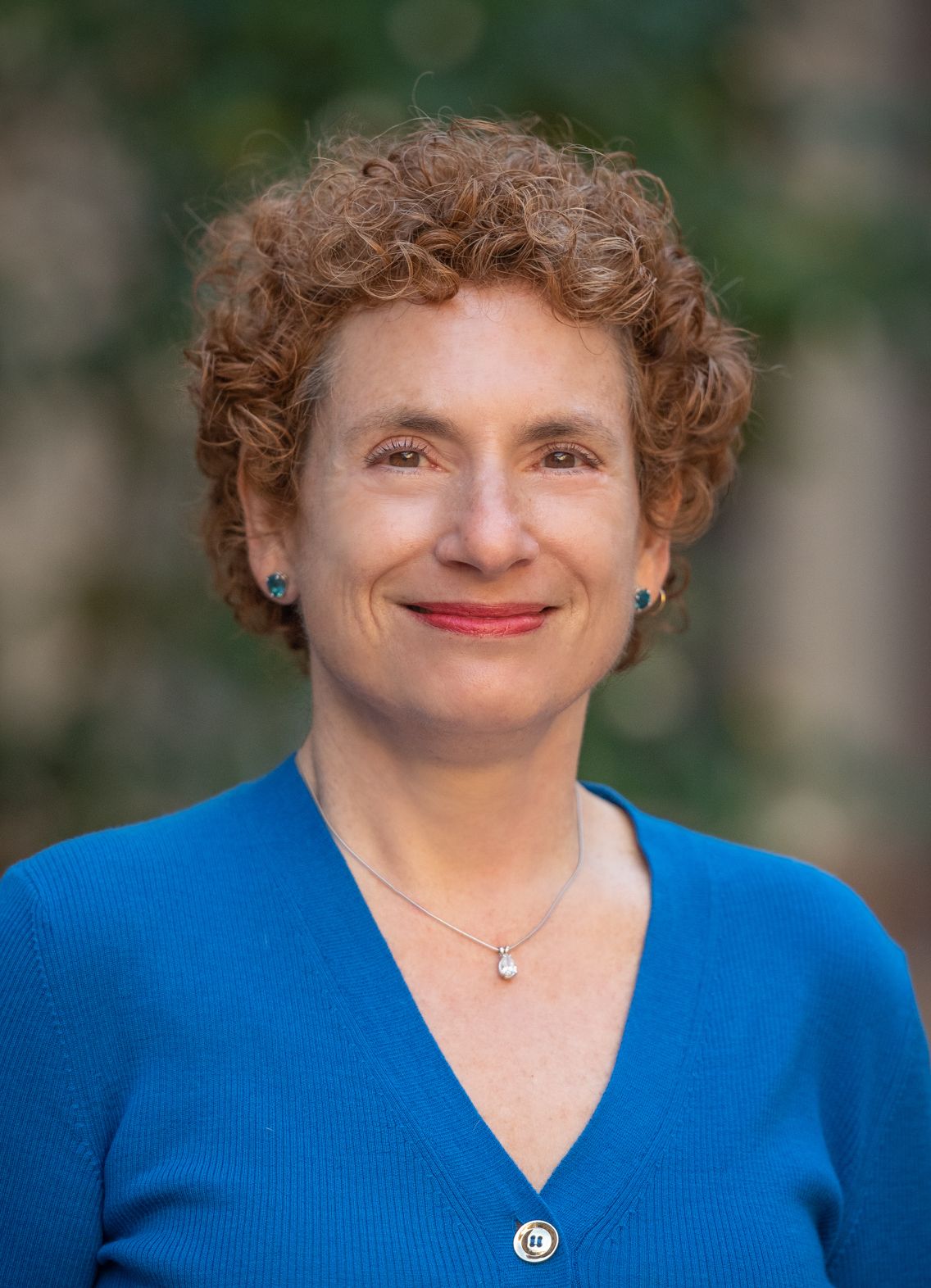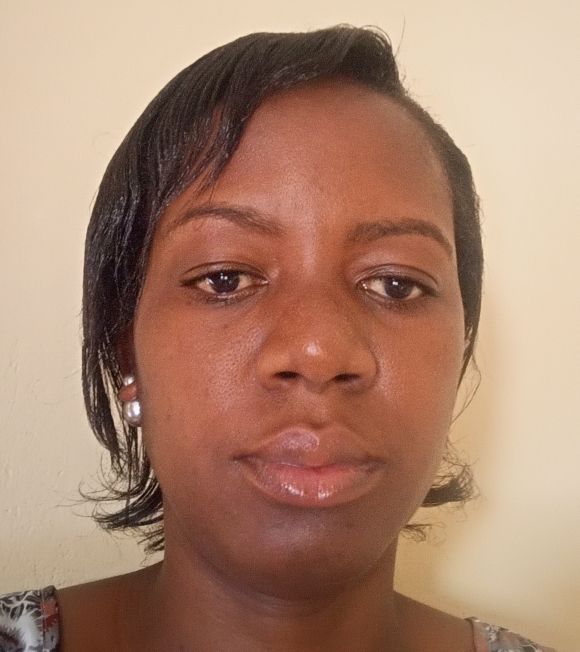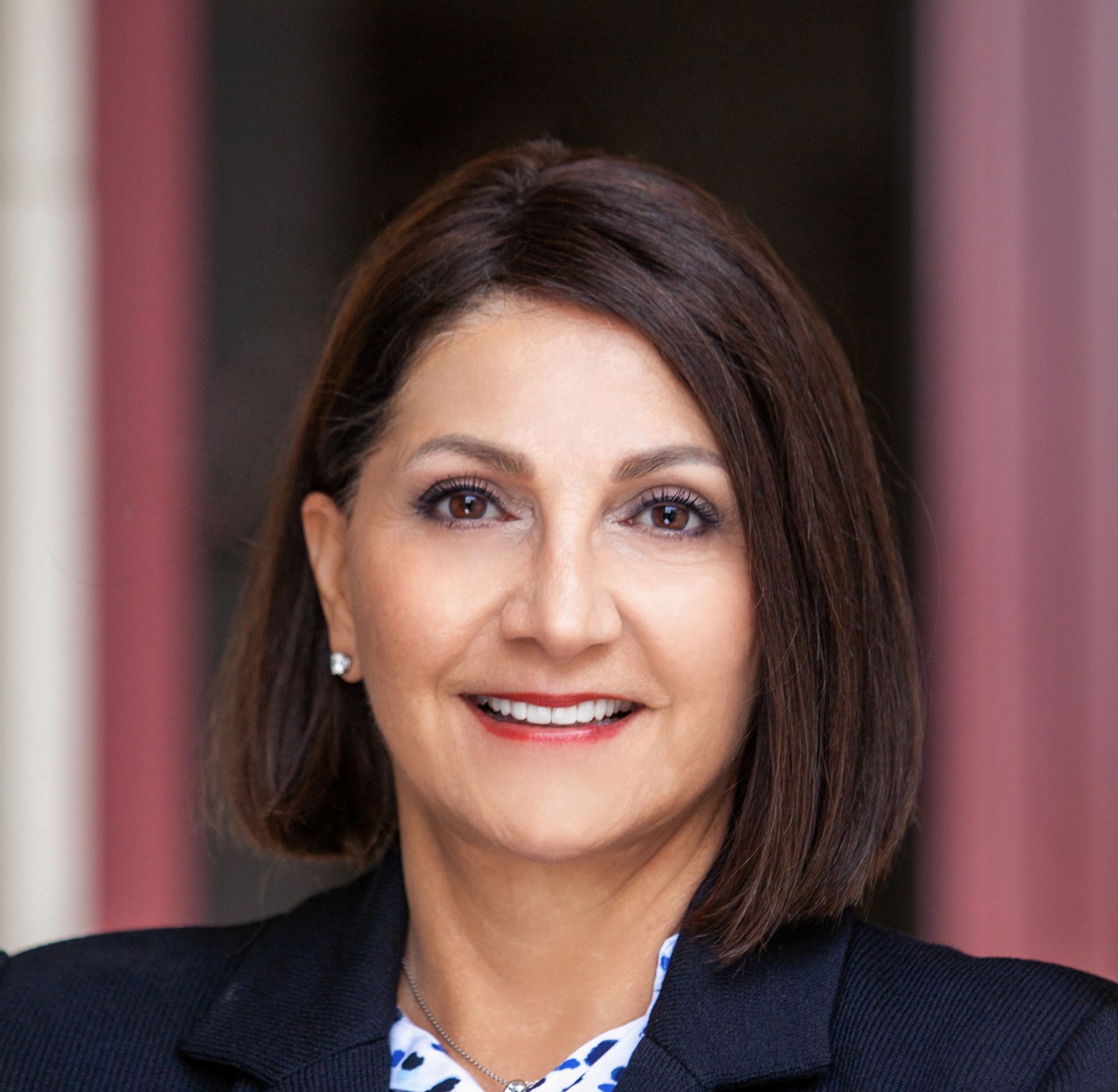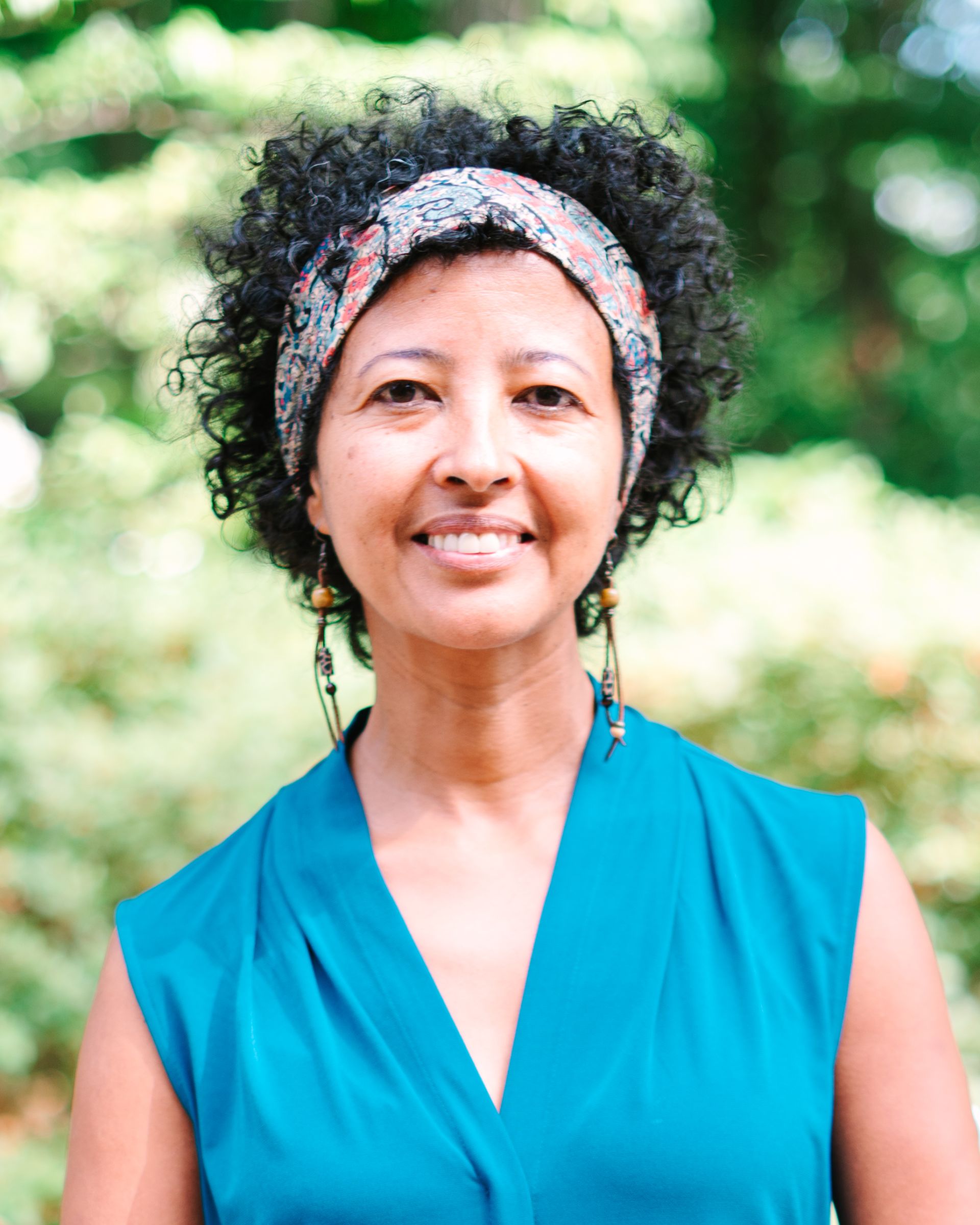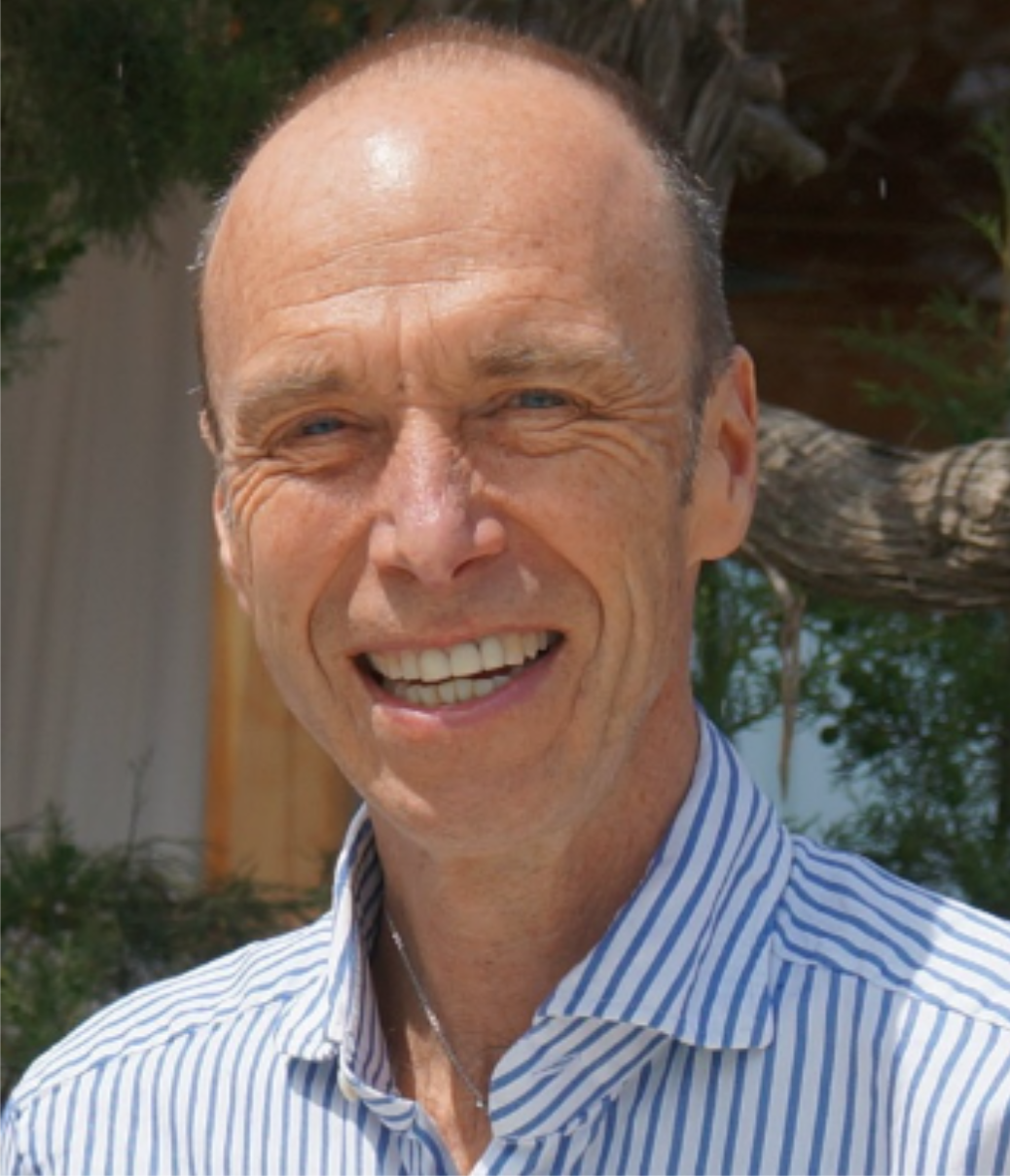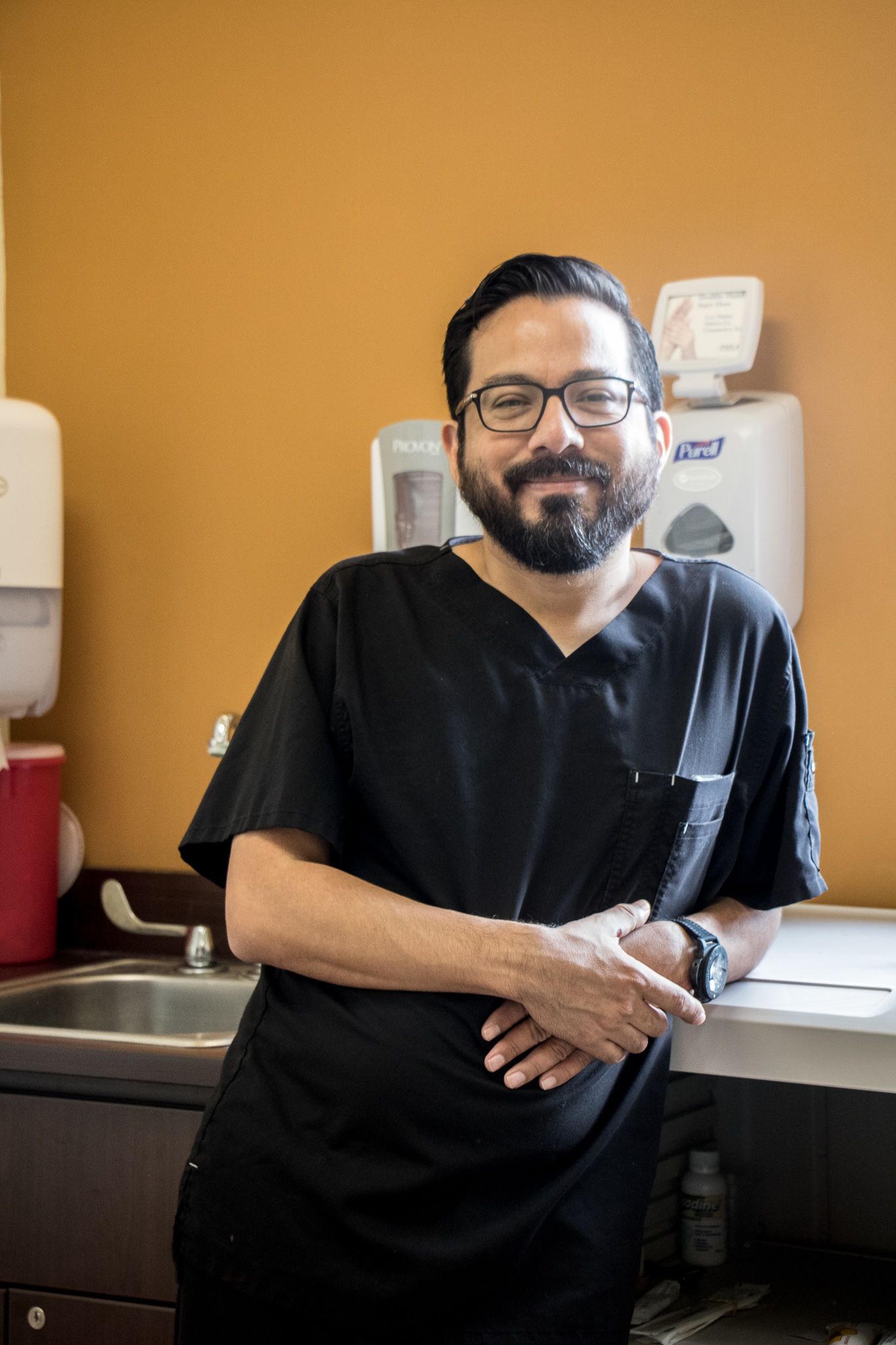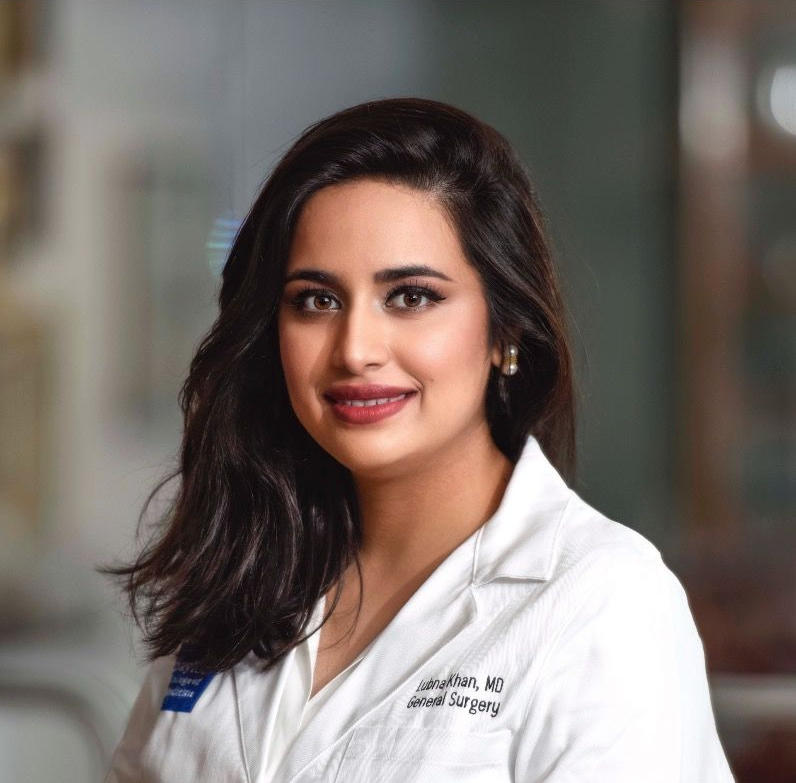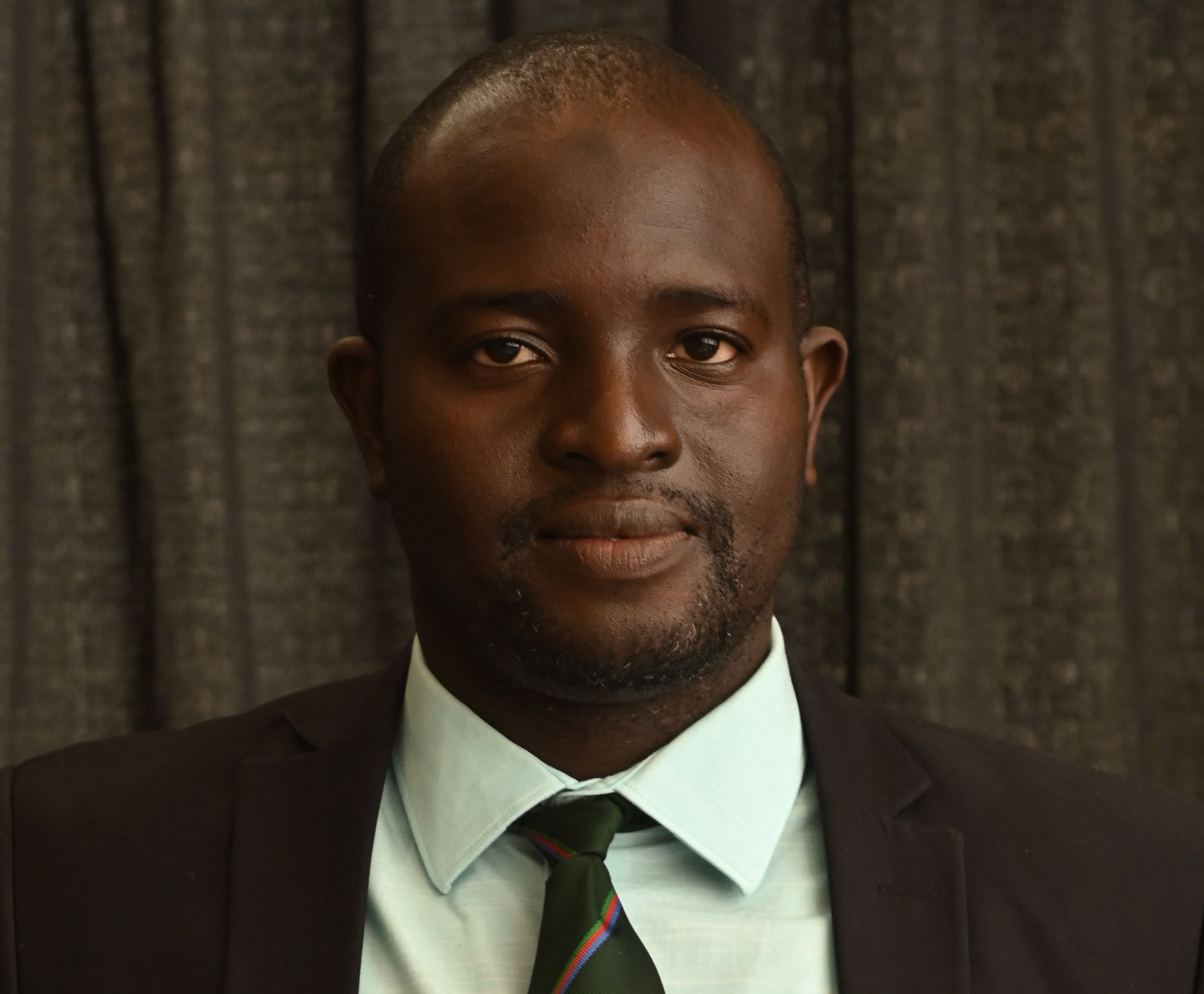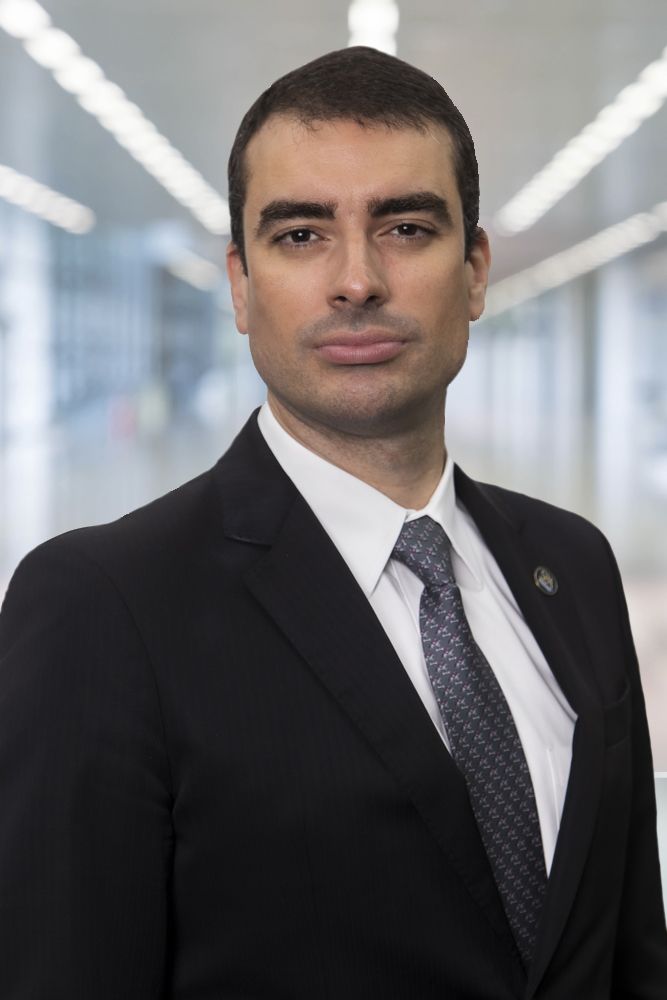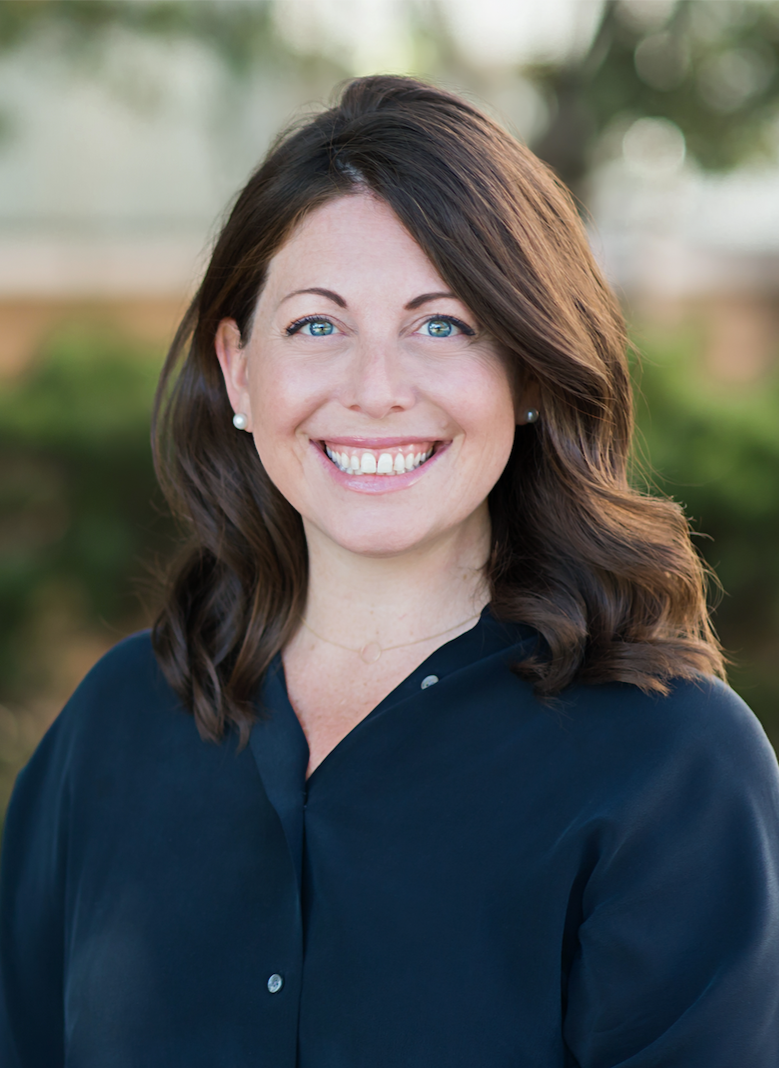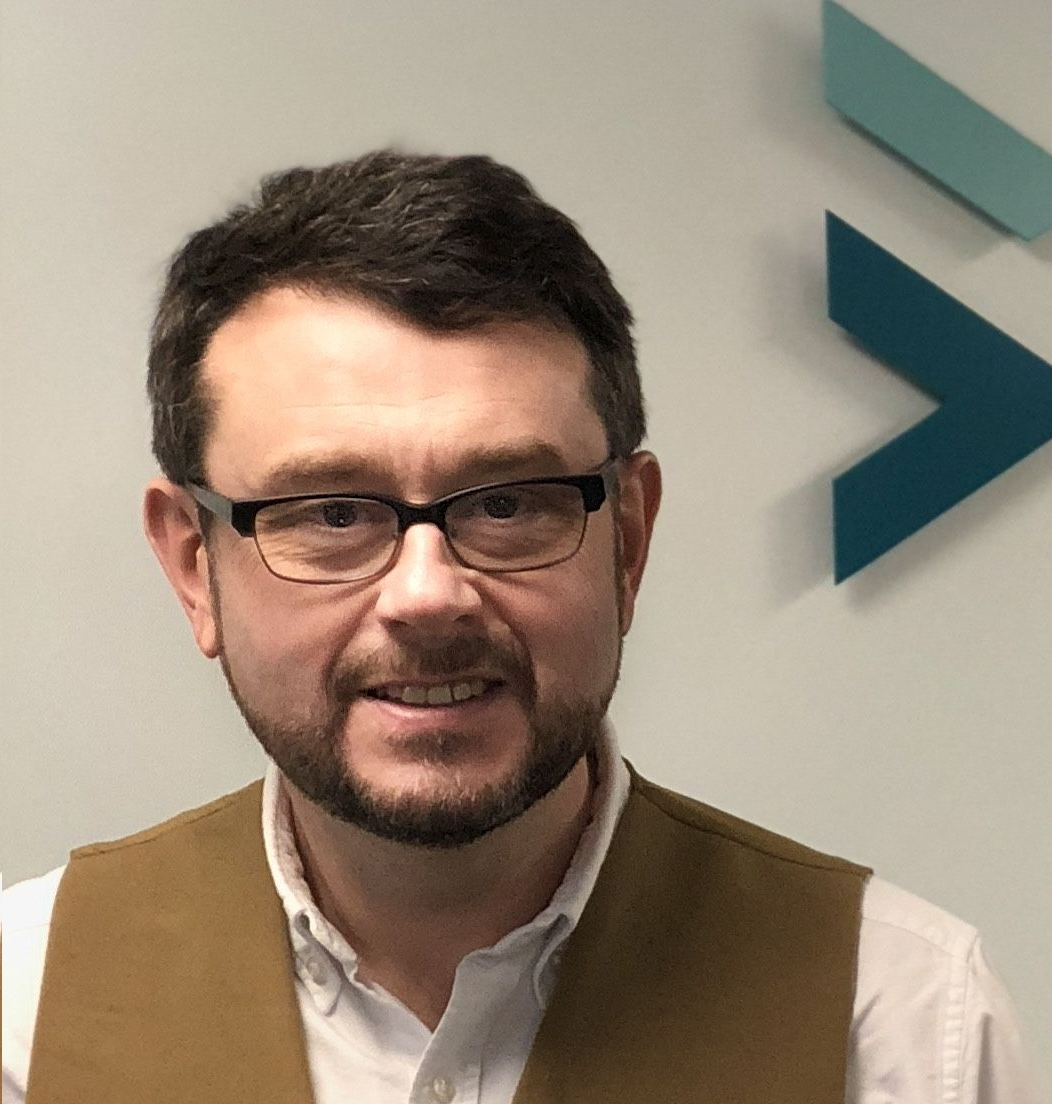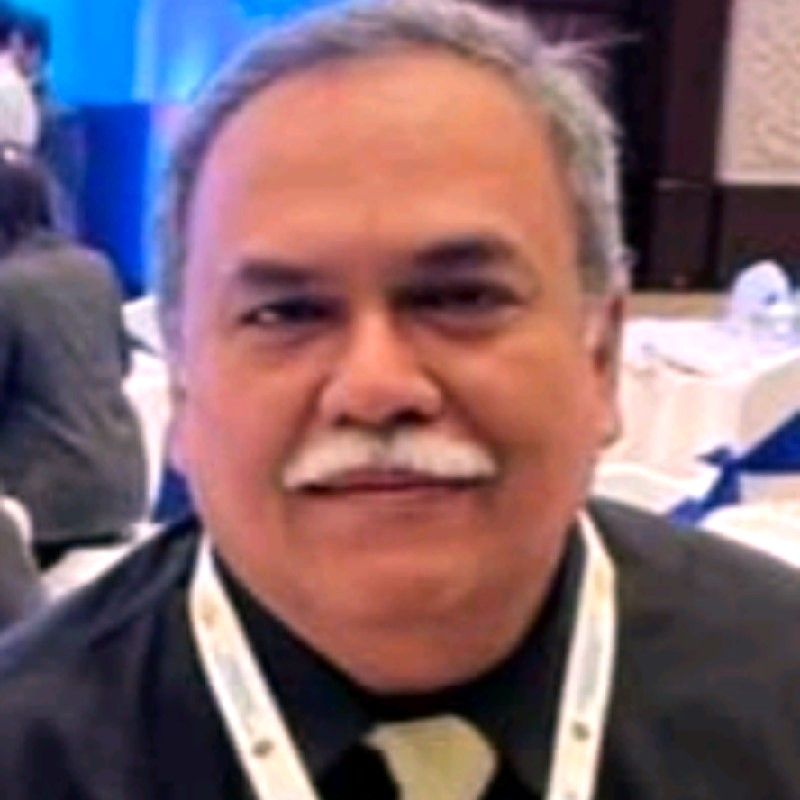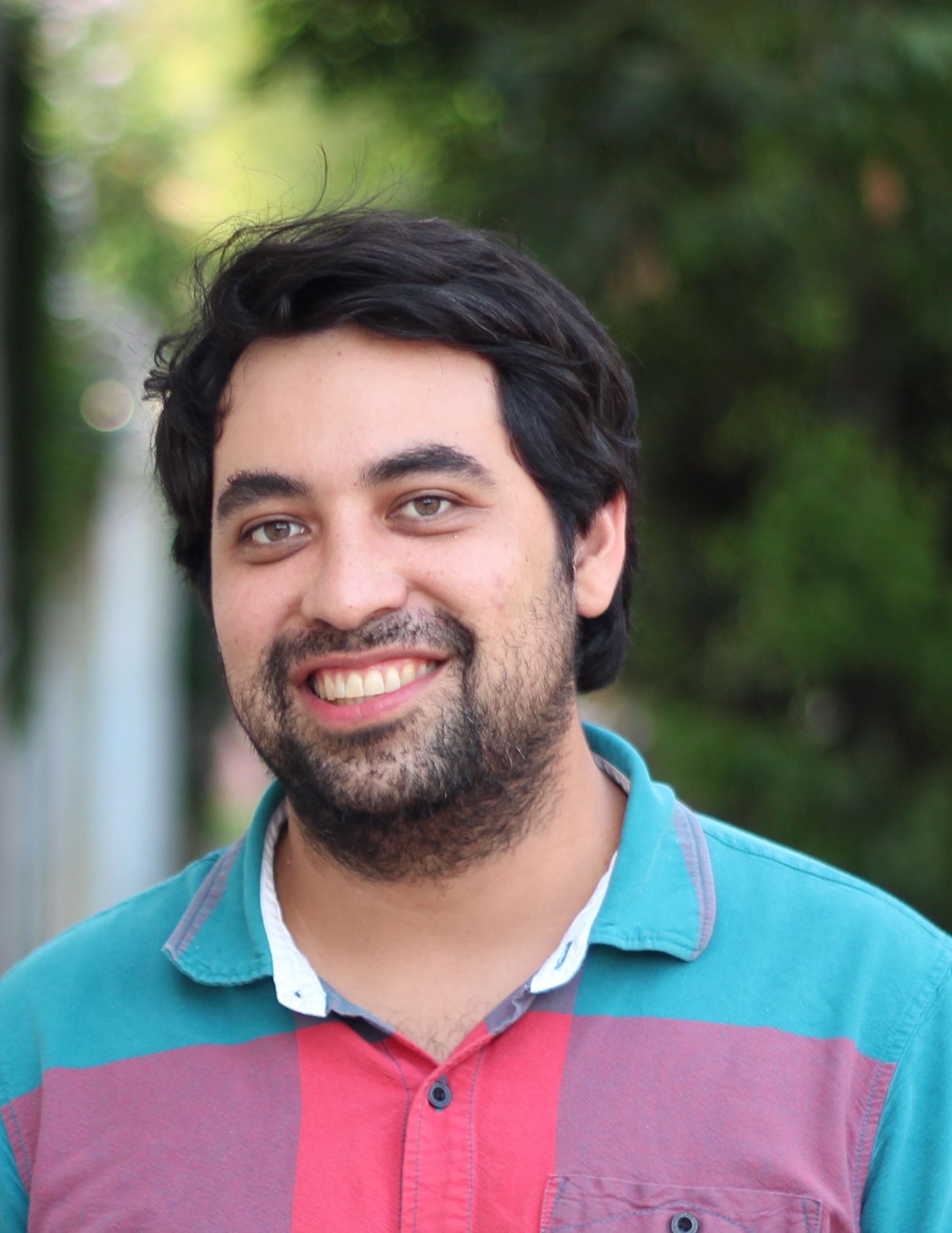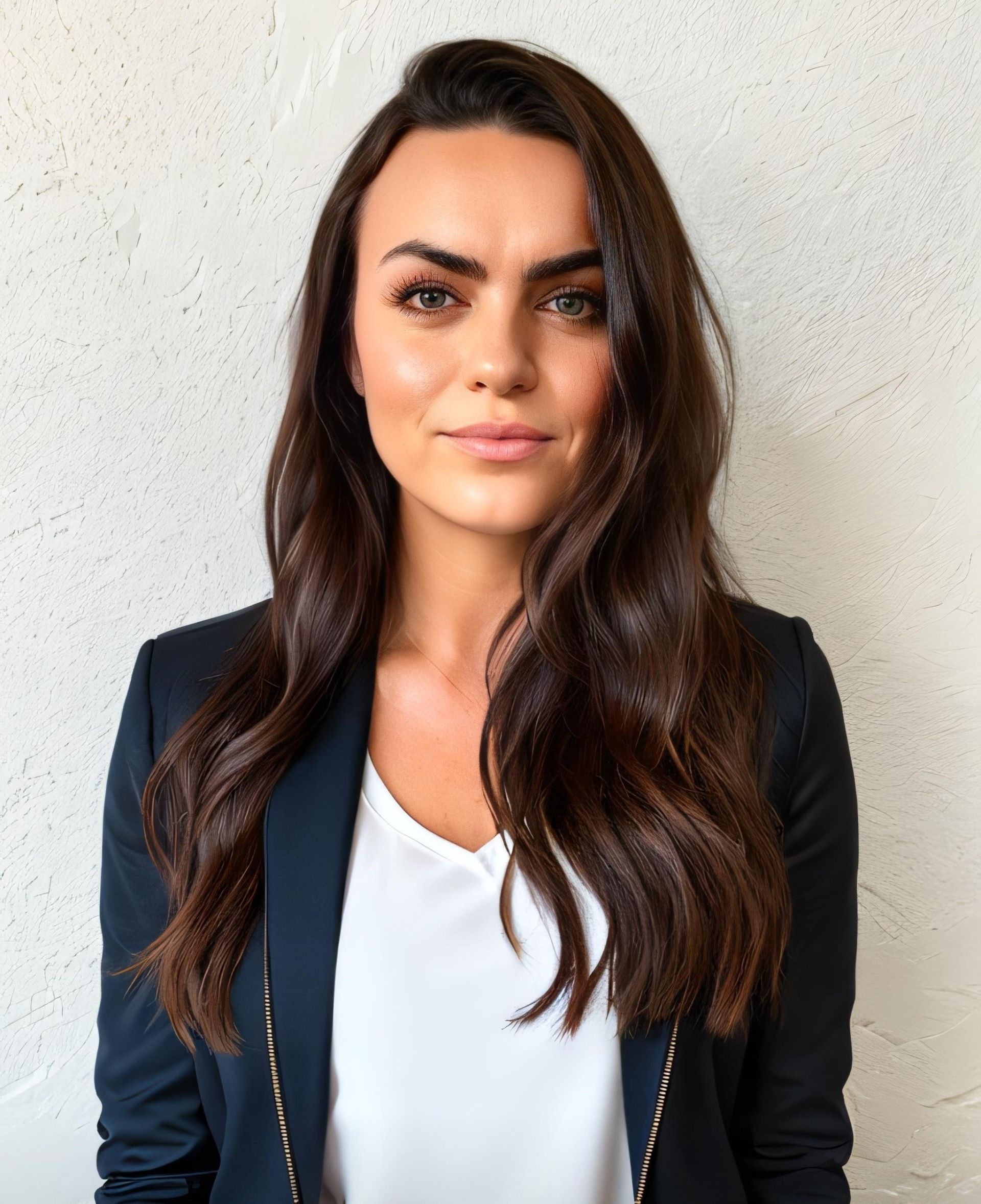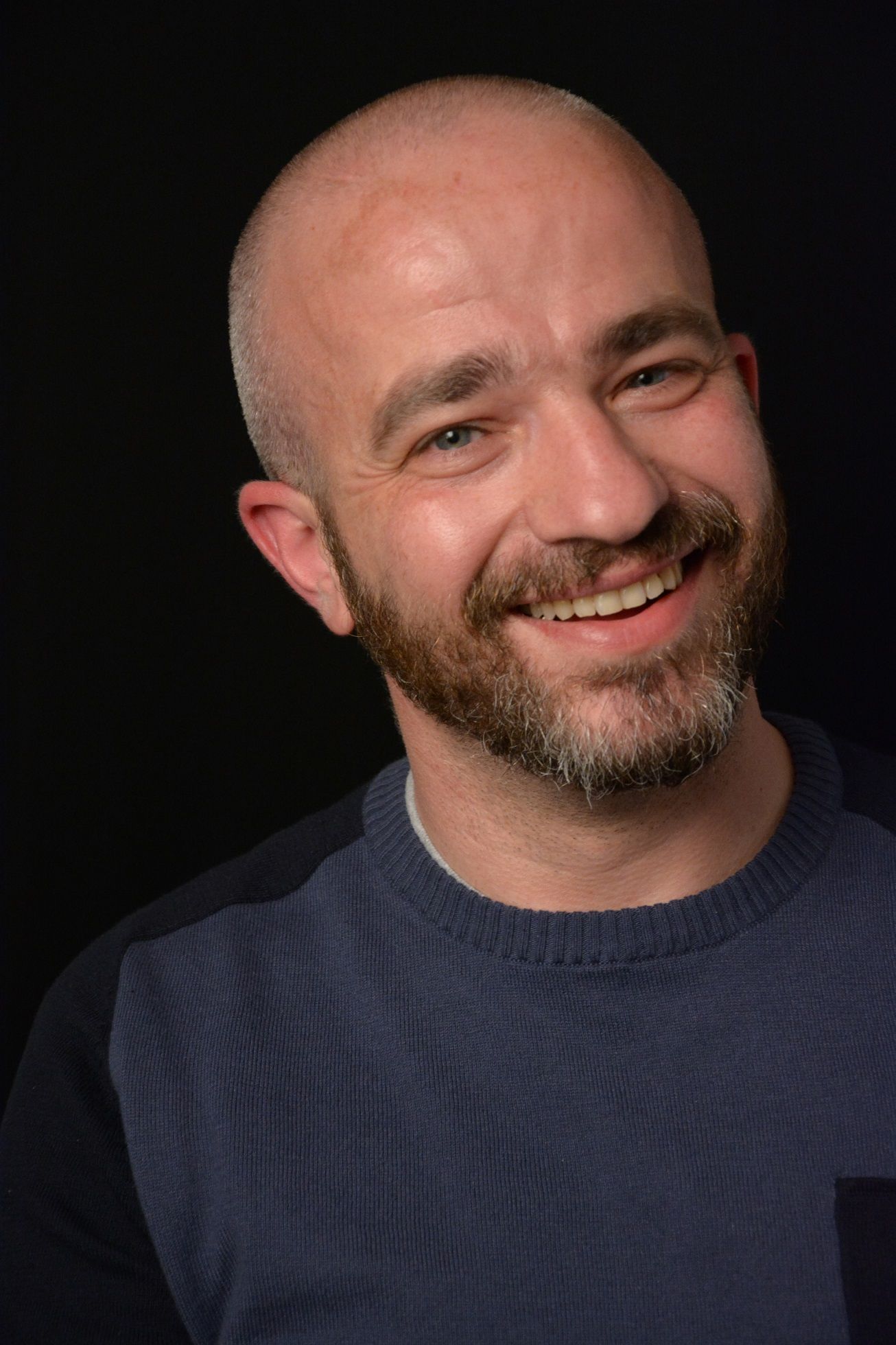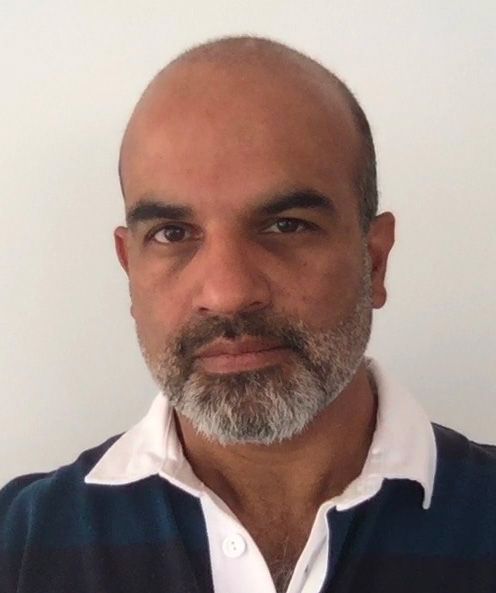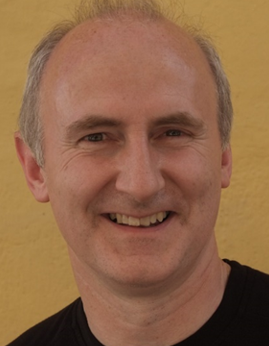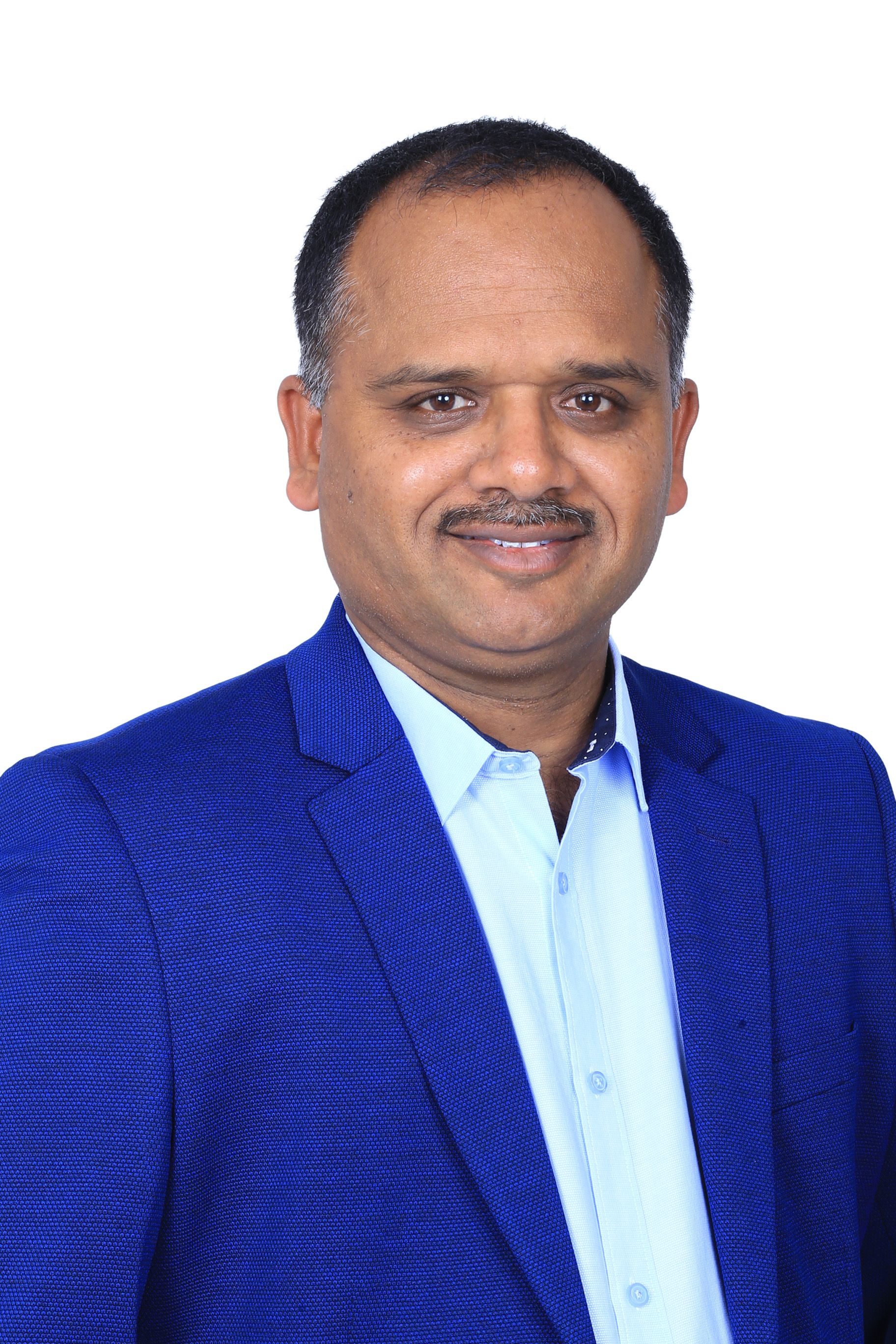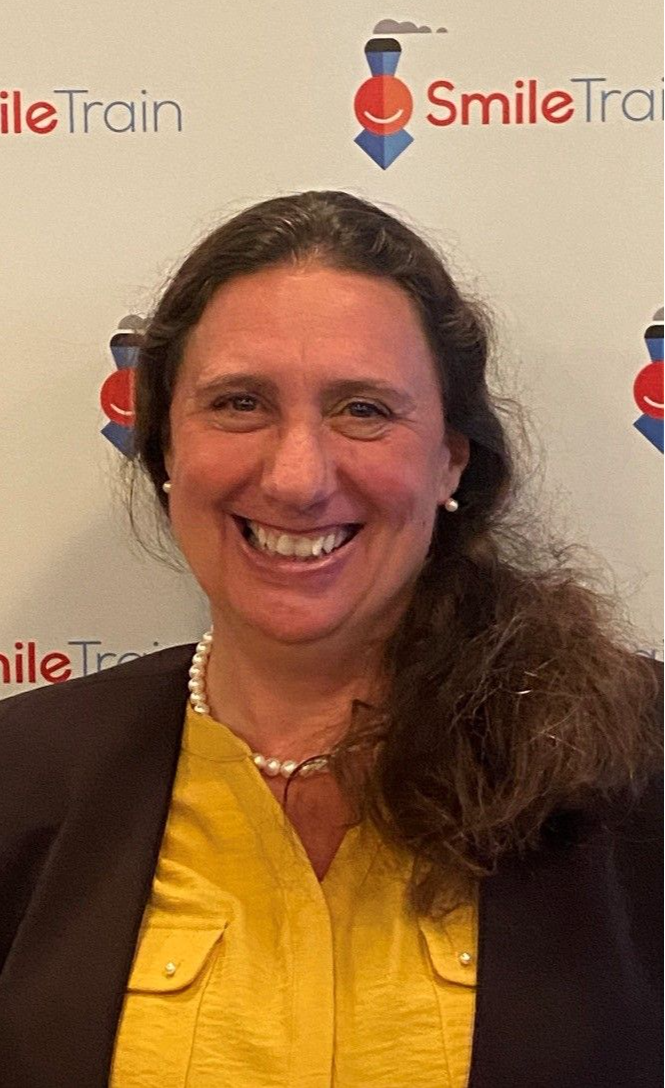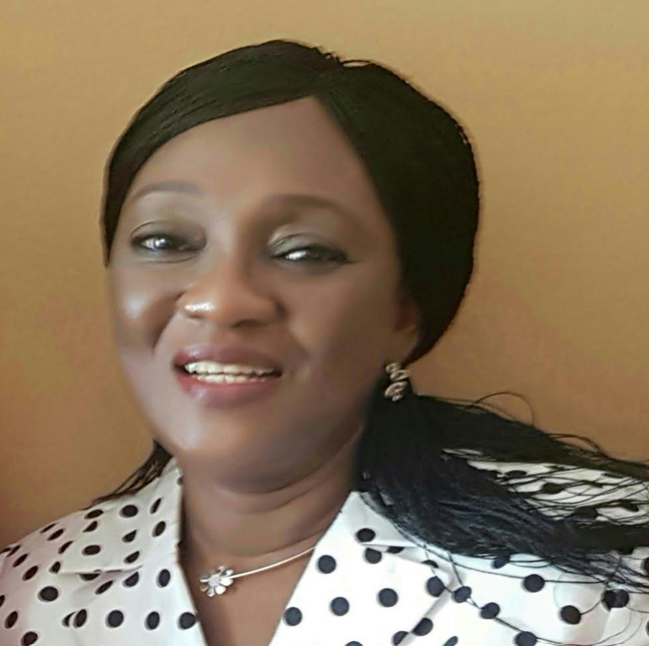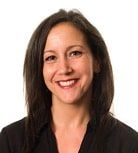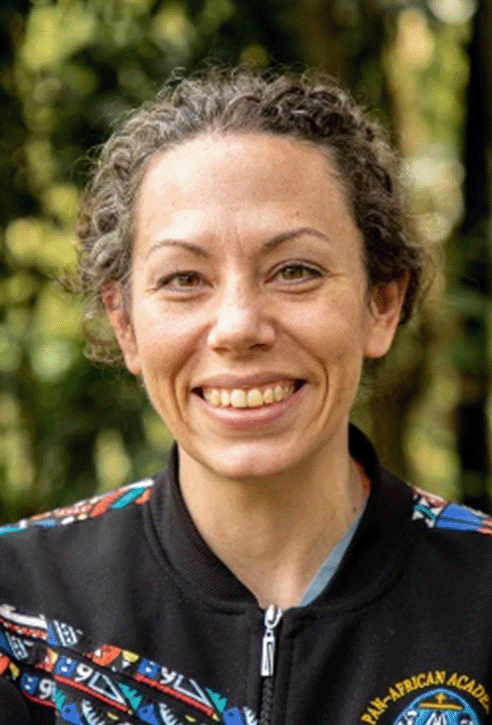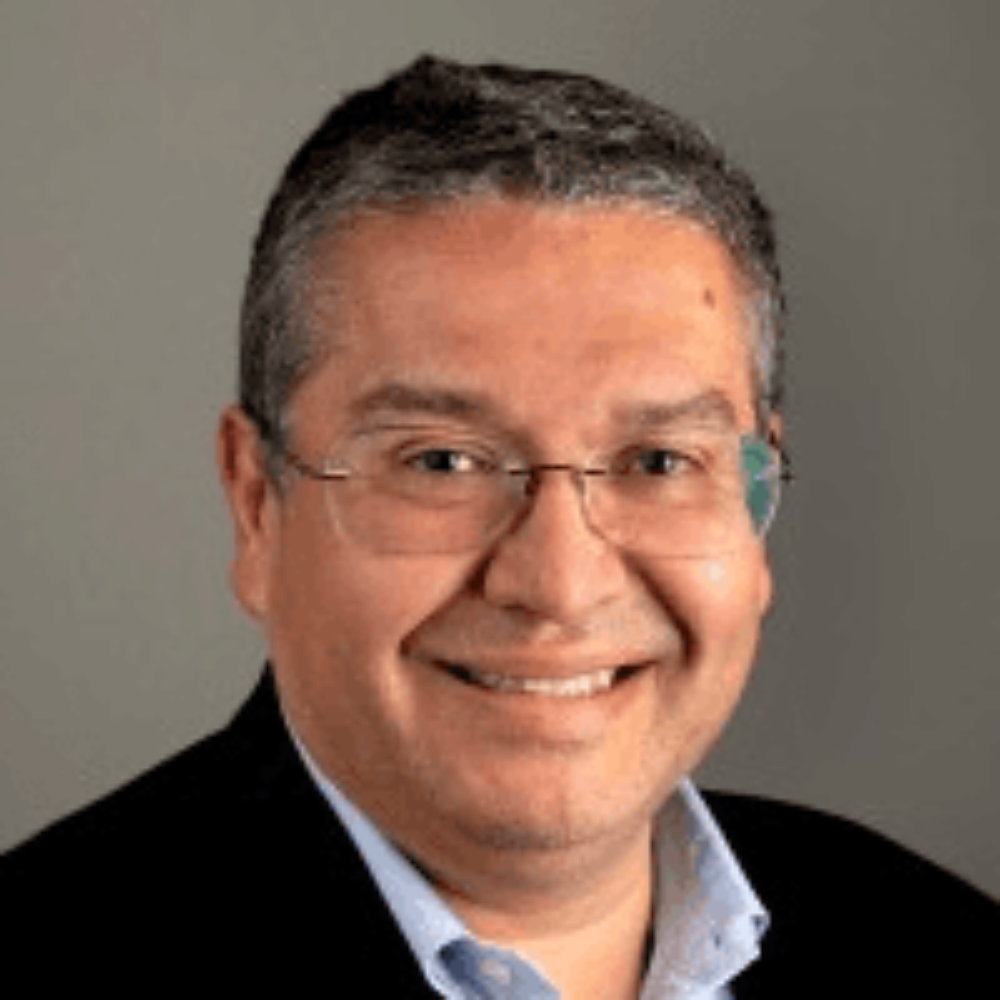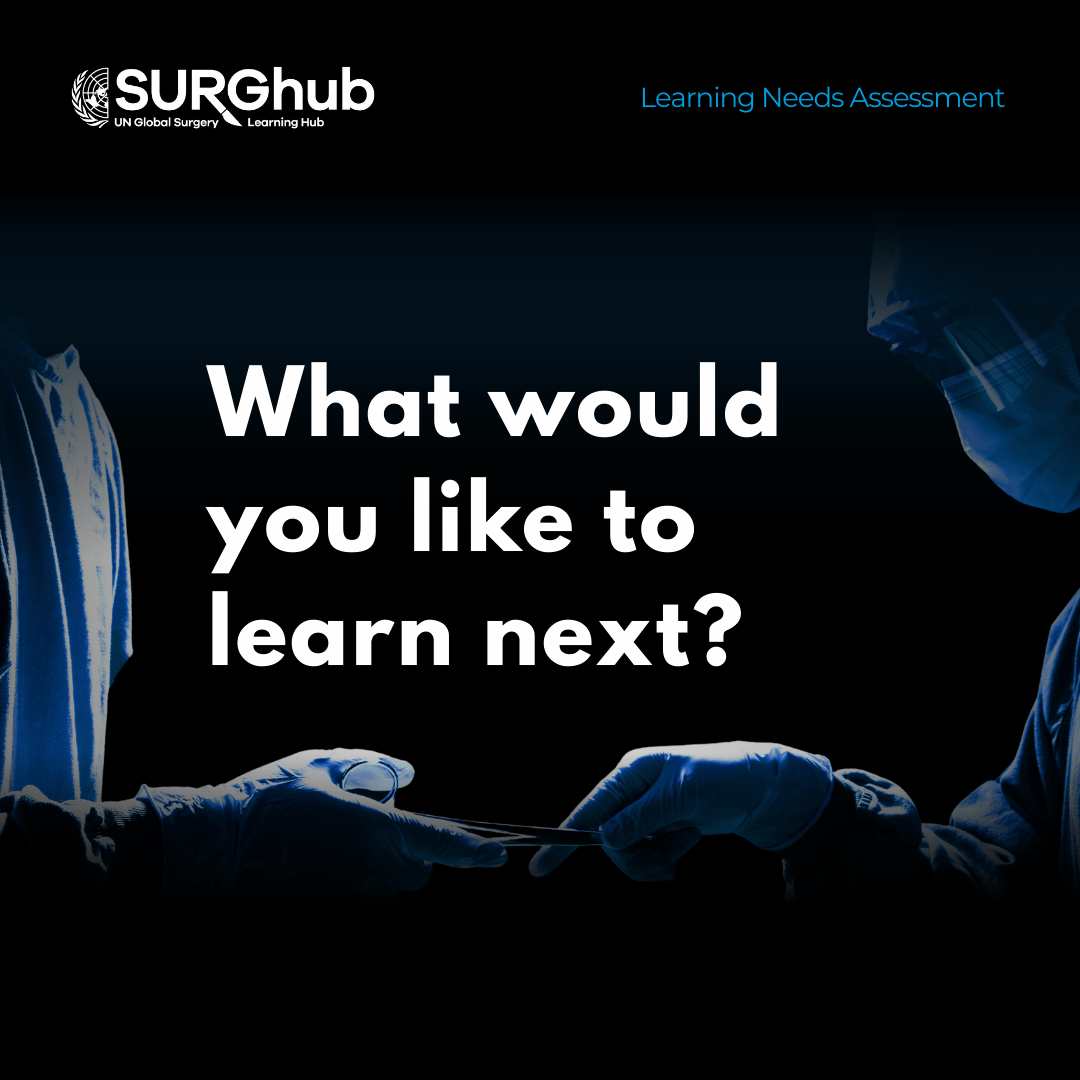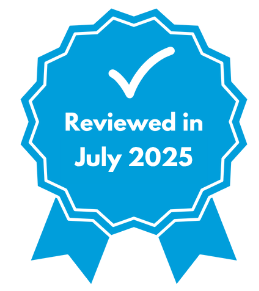
IntroducTION
Modules
Speakers
FAQ
Click on image to expand
Modules
Certificate of Completion
Speakers
Moderator
Dr. Lubna Samad
Paediatric Surgeon, Director at IRD Global, and Co-Chair of the GSF High-Level Council
Frequently asked questions
What is this educational series about?
This is not a series “about global surgery”. Instead, it was carefully designed to help you navigate global surgery, and global health more broadly, effectively. Our goal is to help you make meaningful, impactful changes in your local surgical care setting.
Guided by expert guest speakers, we will cover six critical topics:
Guided by expert guest speakers, we will cover six critical topics:
1. Introduction to Global Surgery
2. Key Stakeholders in Global Surgery
3. Funding Mechanisms and Financial Strategies
4. Research Methodologies and Policy Development
5. Training and Education for Surgical Professionals
6. Innovation and Digital Technology in Global Surgery
Our moderator, Dr. Lubna Samad, will navigate through the live sessions and help us make sense of it all.
Our moderator, Dr. Lubna Samad, will navigate through the live sessions and help us make sense of it all.
Who is this for?
This series is designed primarily for frontline healthcare providers and global health professionals in low- and middle-income countries, offering resources and strategies on how to navigate the global surgery ecosystem. It emphasises collaboration, partnerships, and a UN-based approach.
Additionally, it is also very valuable for students and trainees worldwide who are interested in global surgery and wish to gain a better understanding of how to get involved.
Additionally, it is also very valuable for students and trainees worldwide who are interested in global surgery and wish to gain a better understanding of how to get involved.
Will I receive a certificate?
We are very proud that we offer learners who complete all requirements official United Nations Certificates of Completion.
You’ve earned it.
You’ve earned it.
How can I support SURGhub?
Today, almost 10,000 surgical care workers access free training resources on SURGhub.
If you can, consider supporting our work with a donation. Every dollar helps our mission to make the best surgical training more accessible in all corners of the world. Thank you.
Donate here
If you can, consider supporting our work with a donation. Every dollar helps our mission to make the best surgical training more accessible in all corners of the world. Thank you.
Donate here
This course is provided by
Write your awesome label here.
The Global Surgery Foundation (GSF)
The GSF exists to accelerate and expand the provision of surgical care for attaining better health for all. The GSF is a foundation under Swiss law and serves as a common platform for all global surgery stakeholders.
Write your awesome label here.
The United Nations Institute for Training and Research (UNITAR)
UNITAR is the principal training arm of the United Nations system, providing training and capacity development activities to assist mainly developing countries. It has become a leading institute in the provision of customized and creative learning solutions to institutions and individuals from both public and private sectors.




